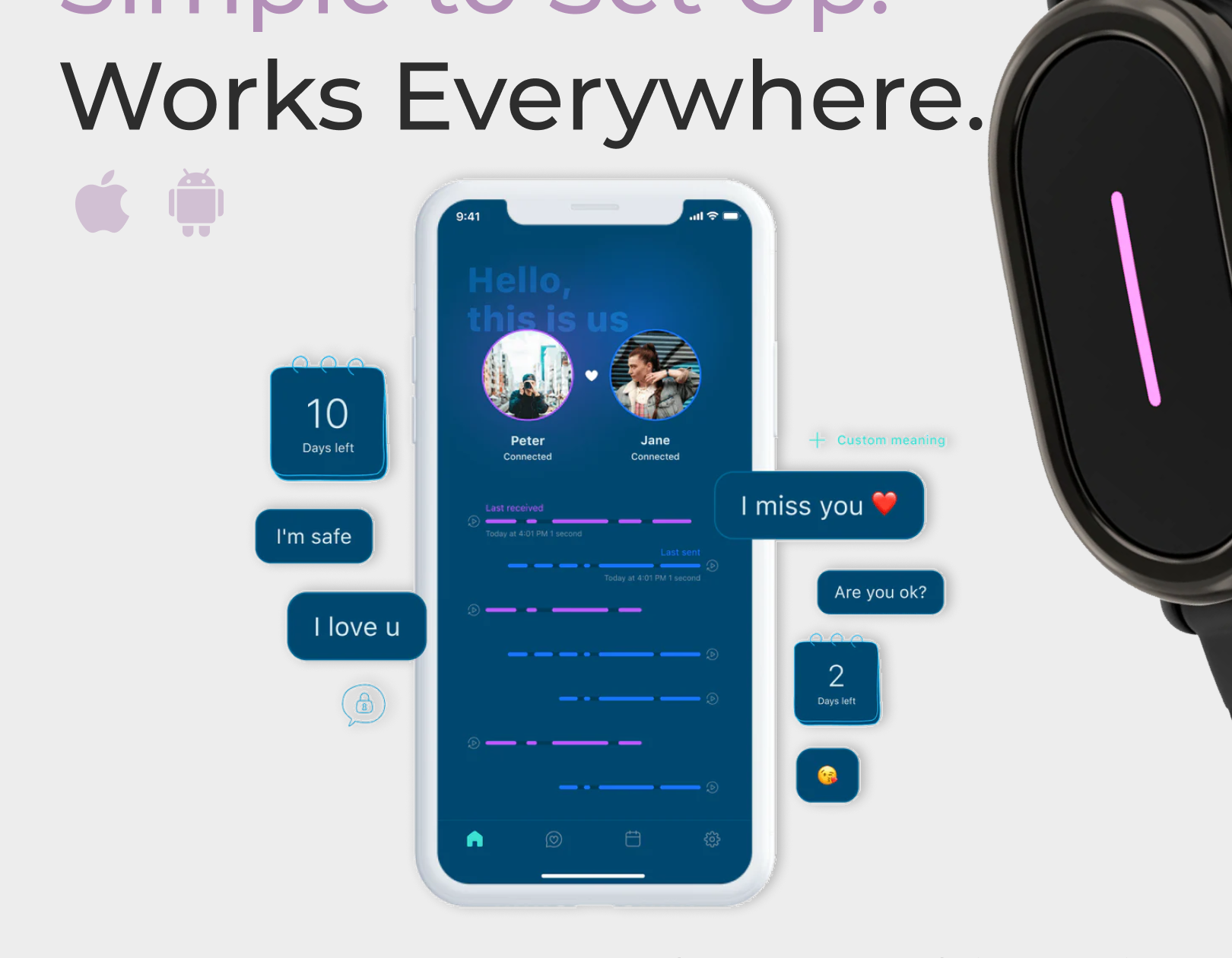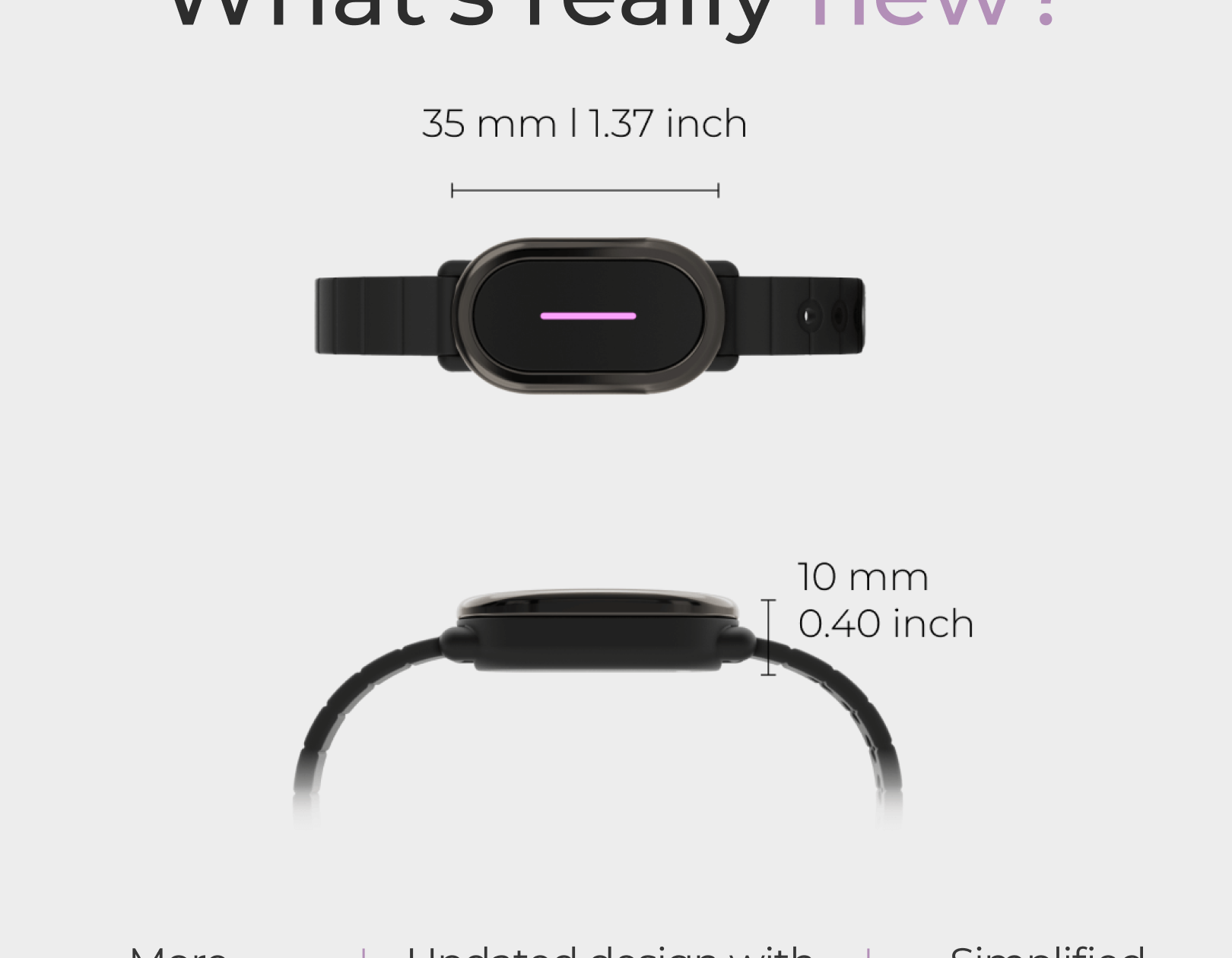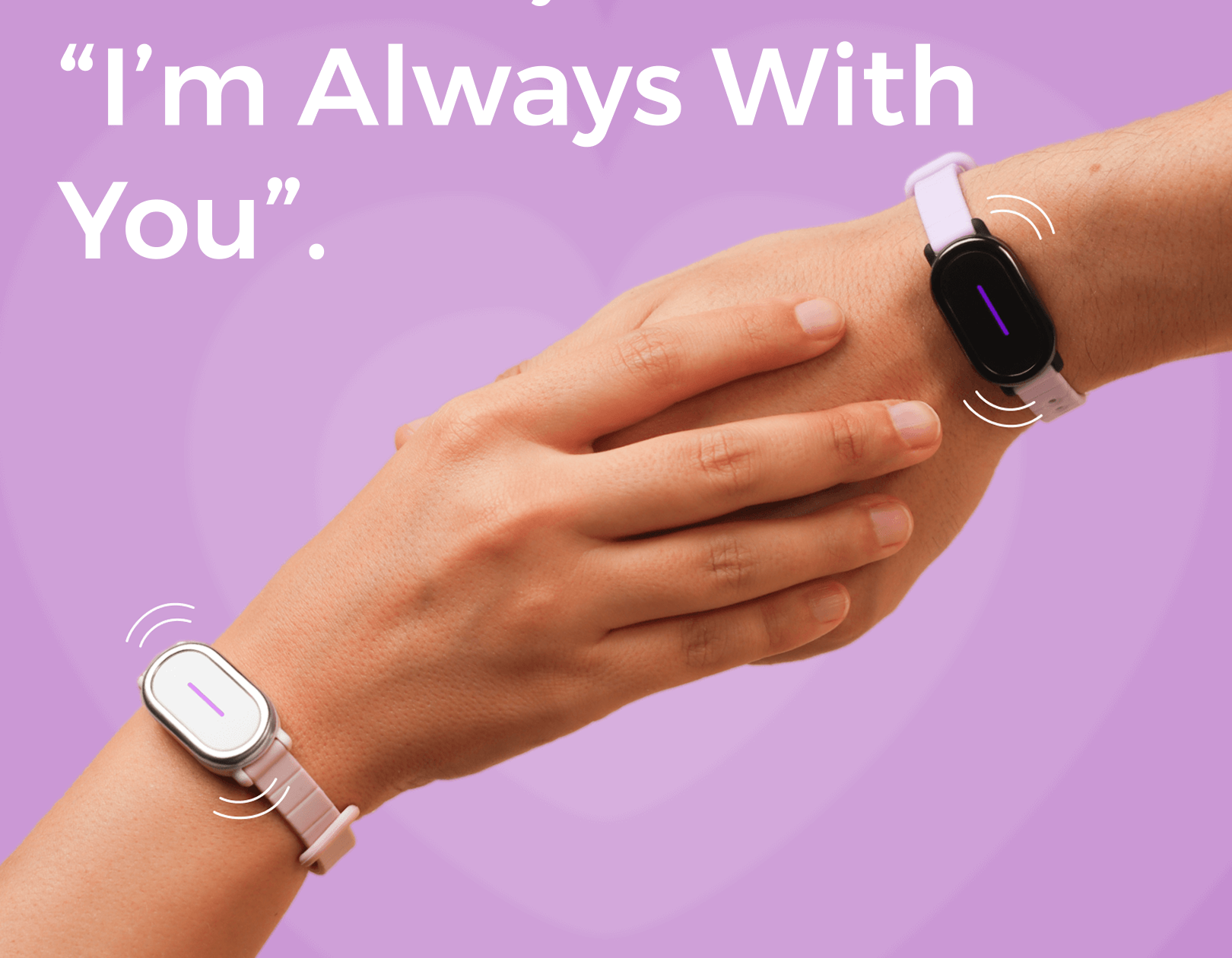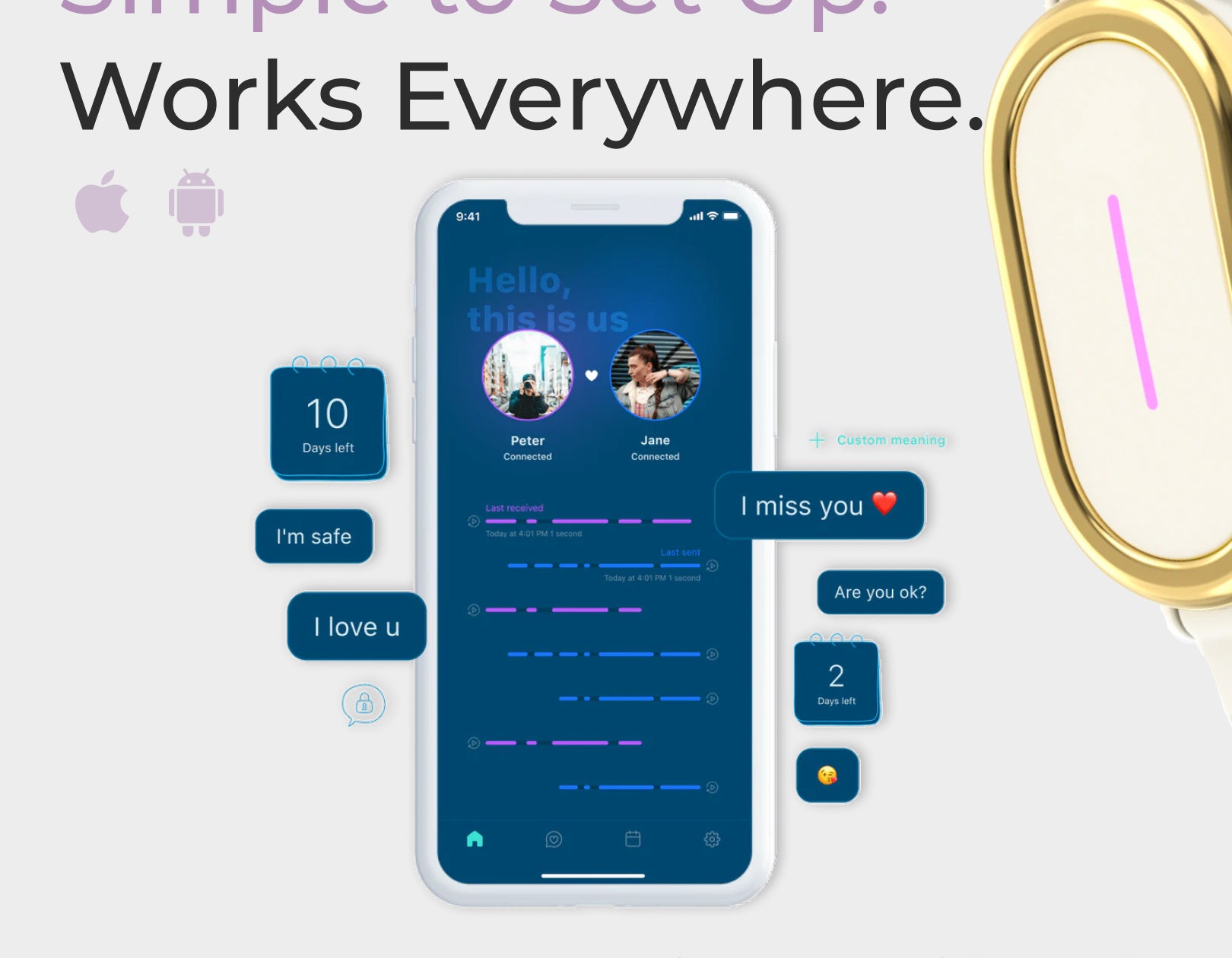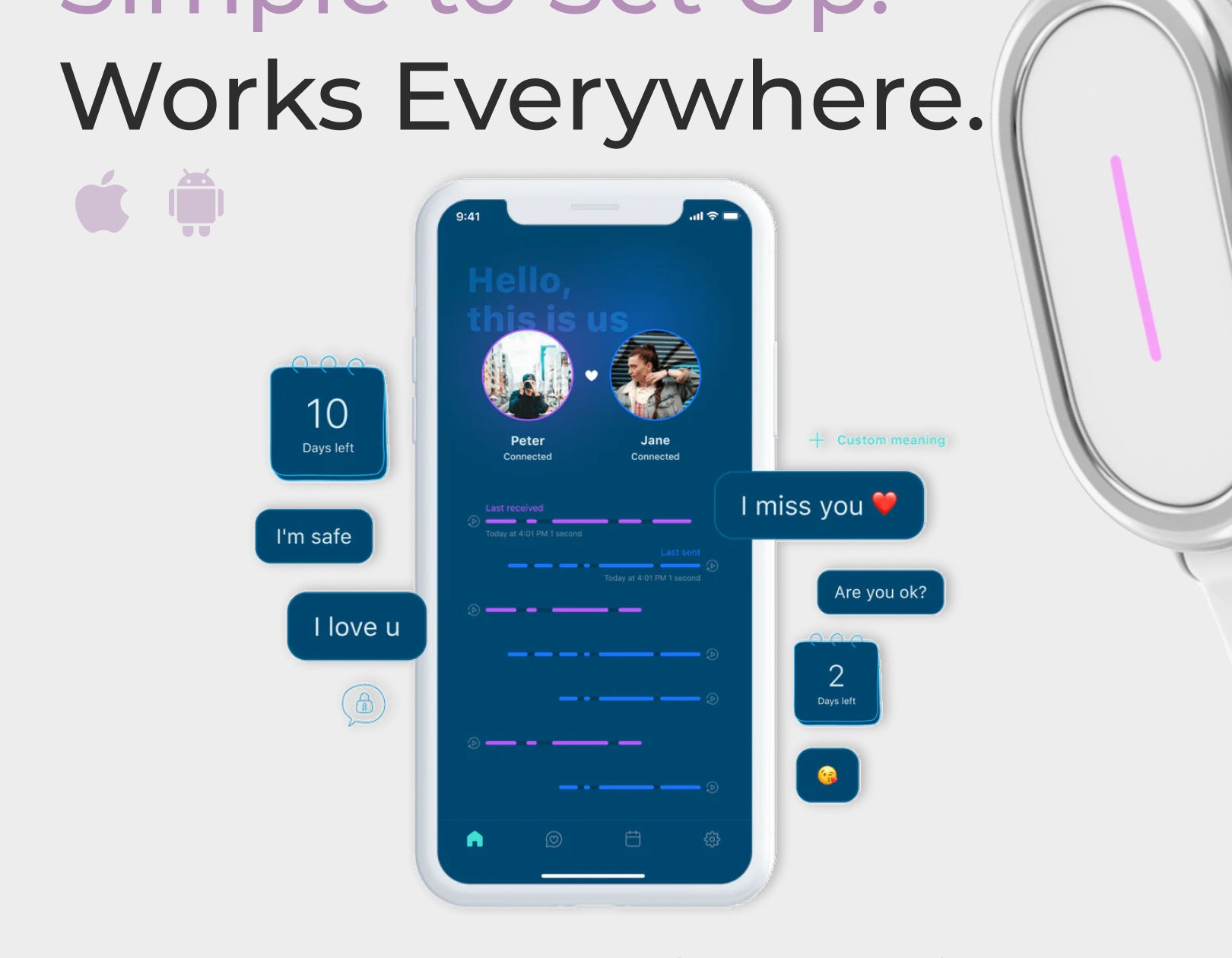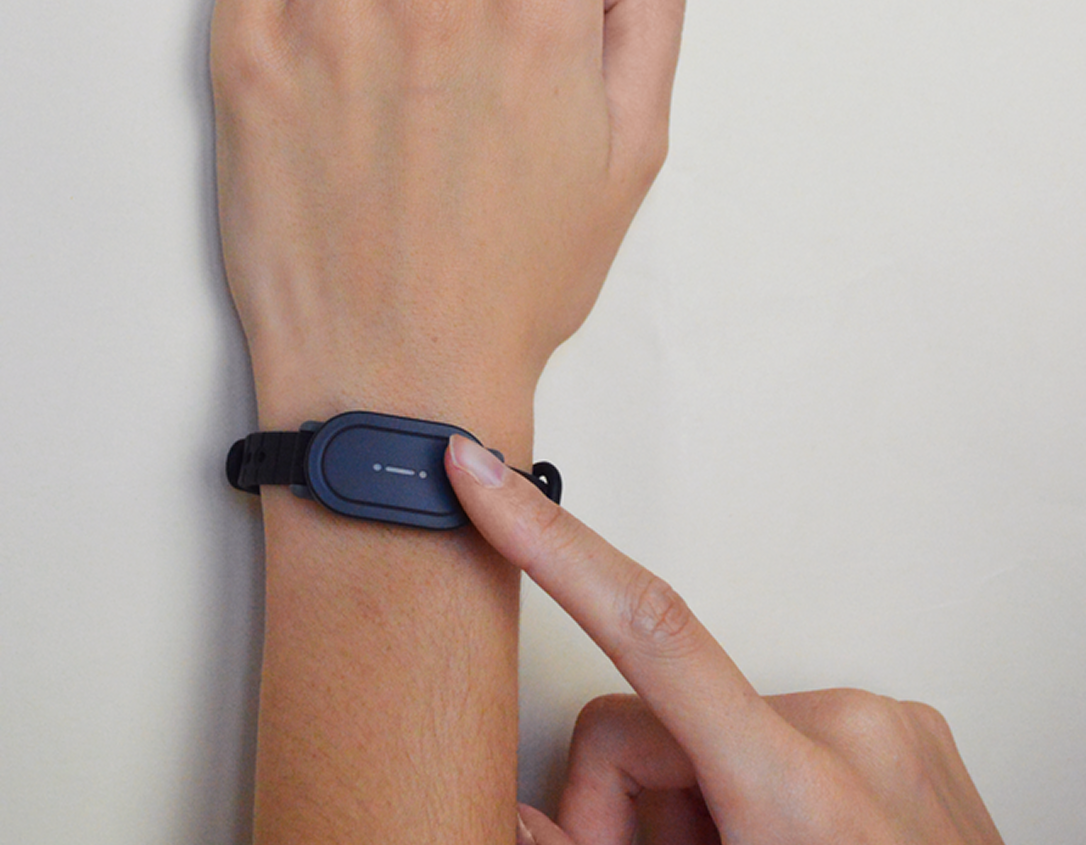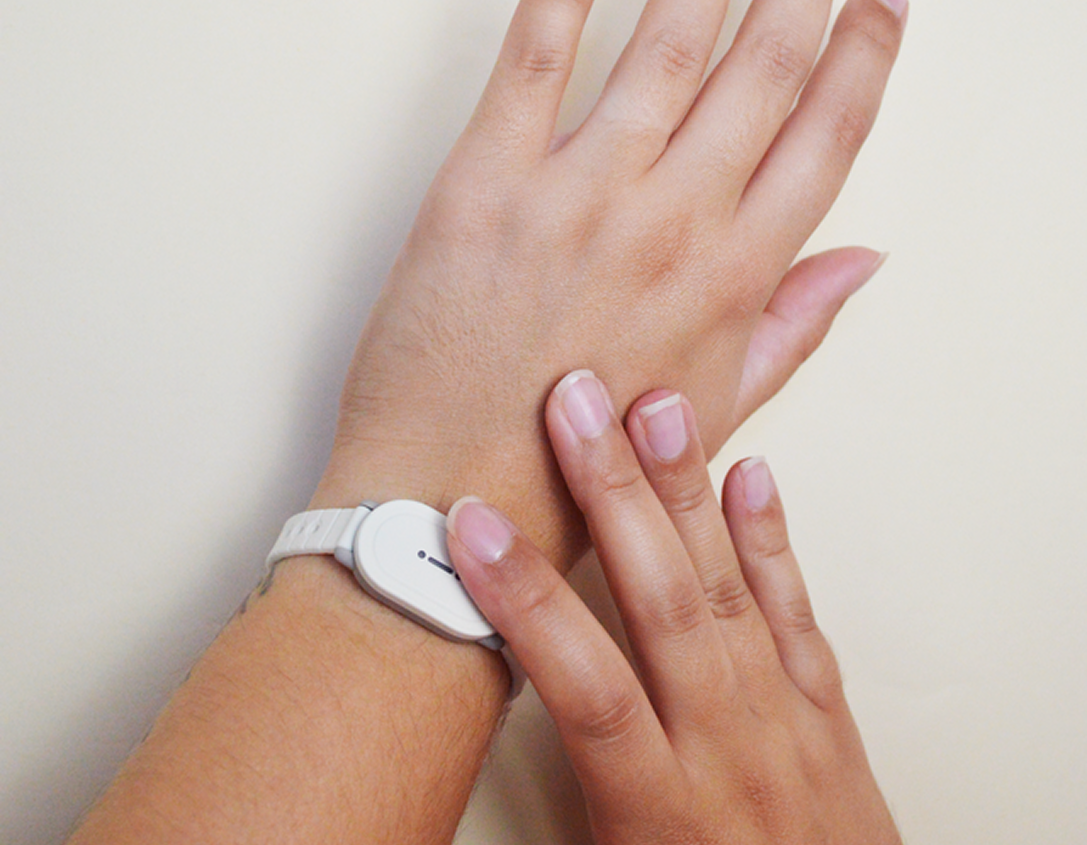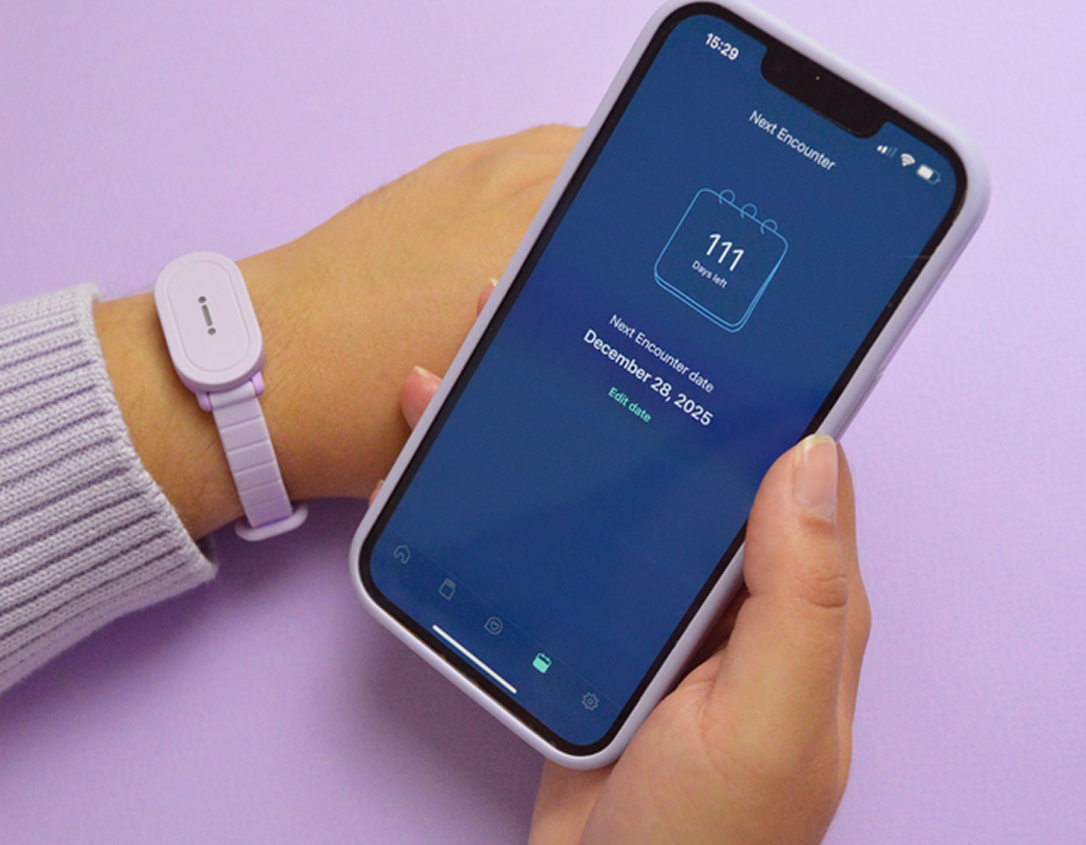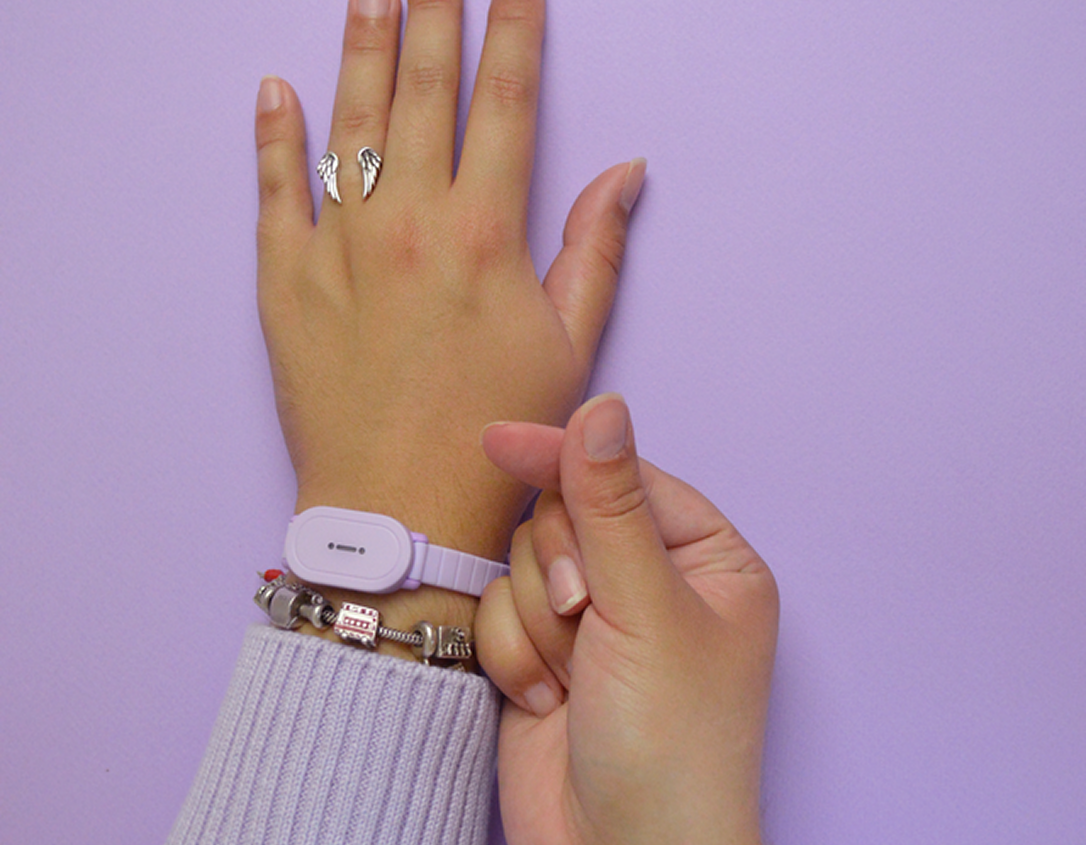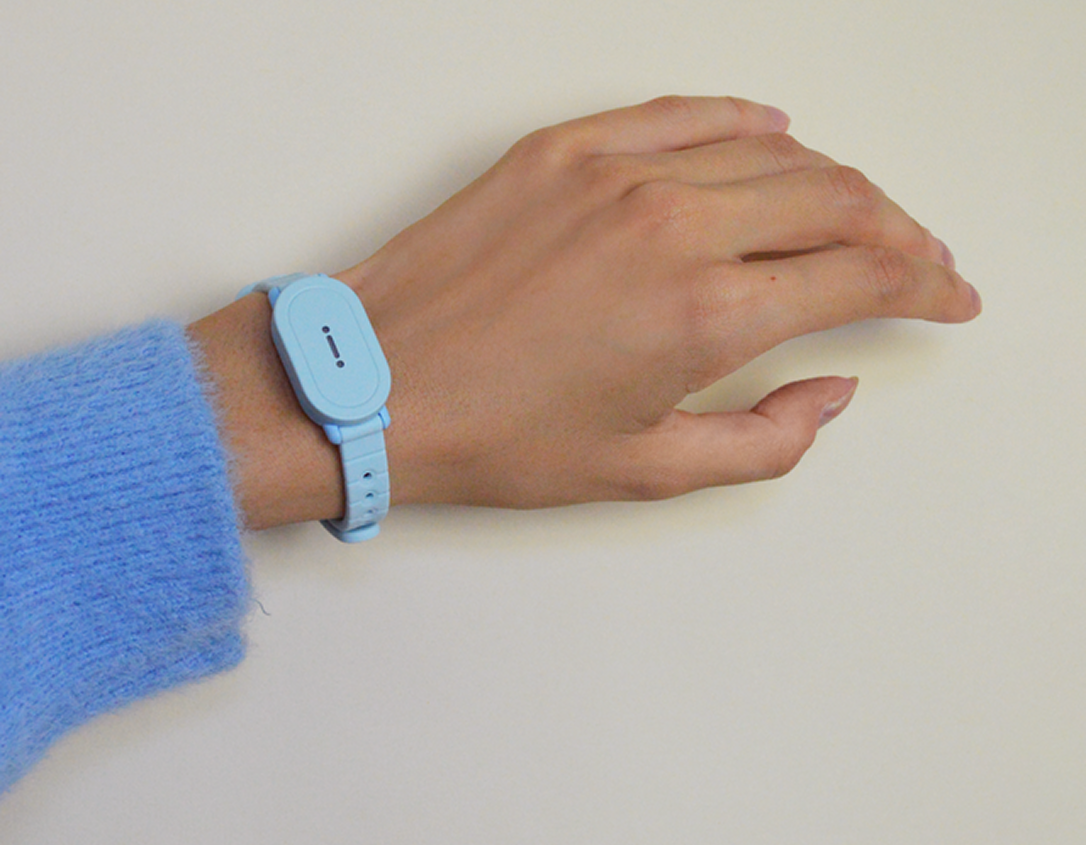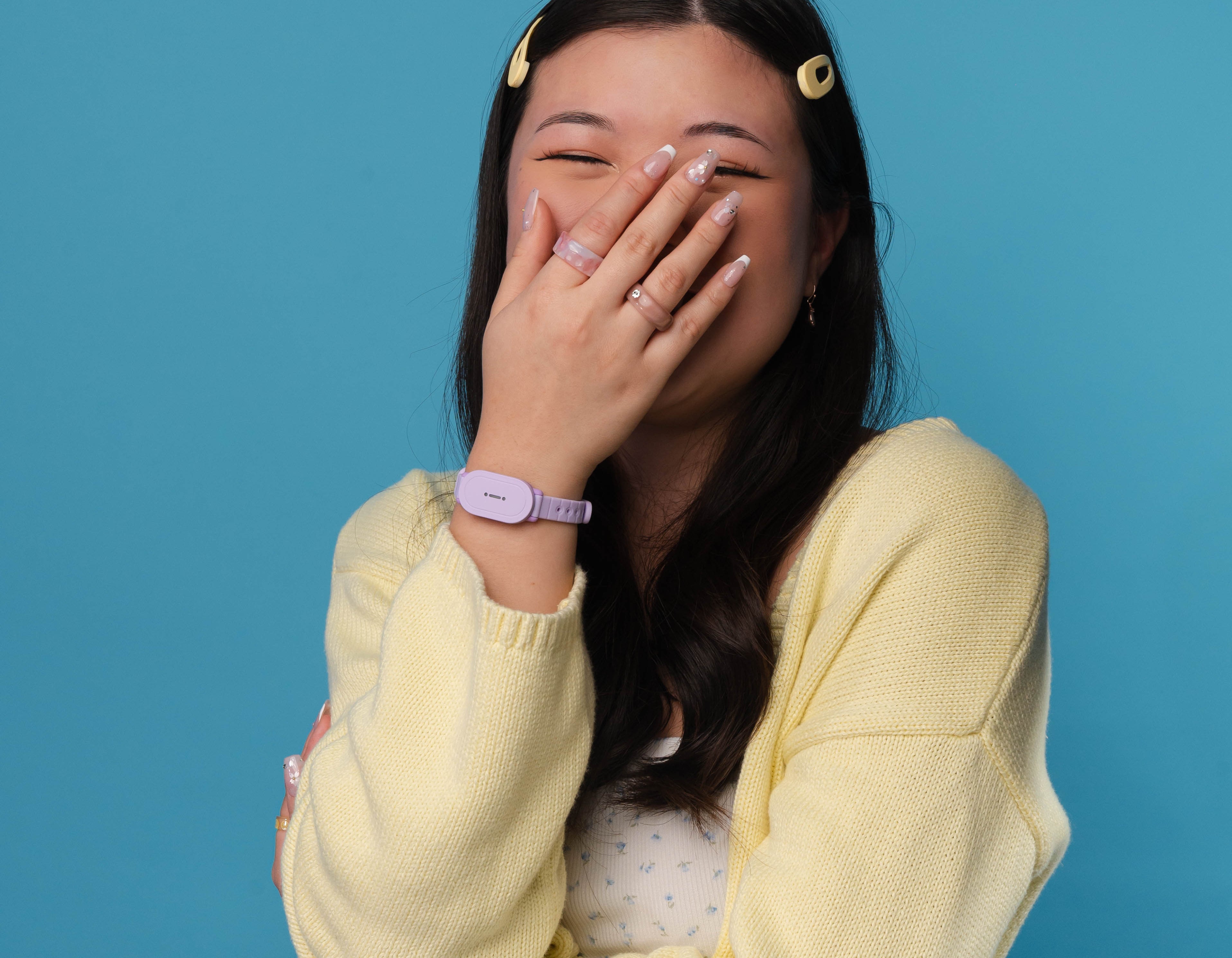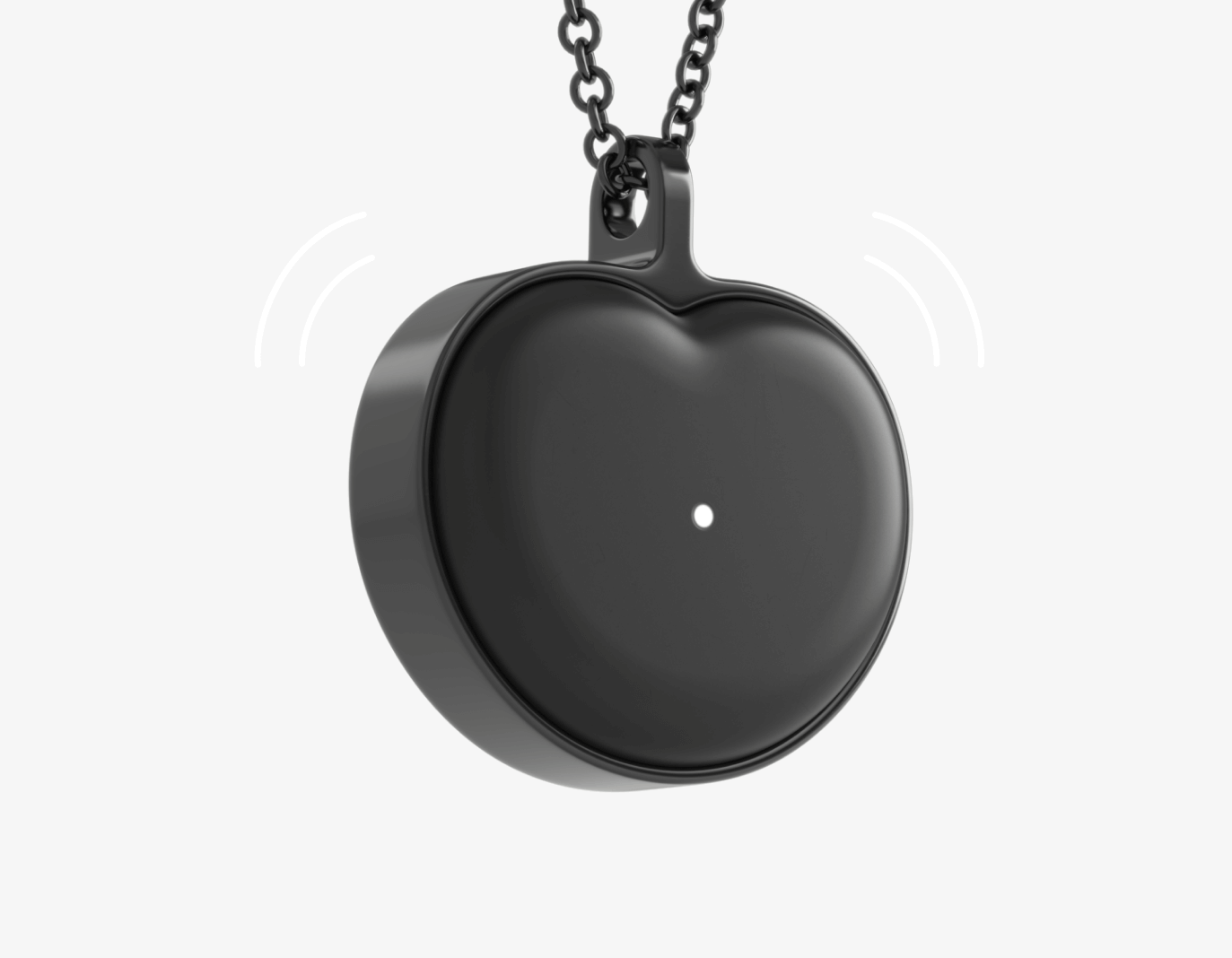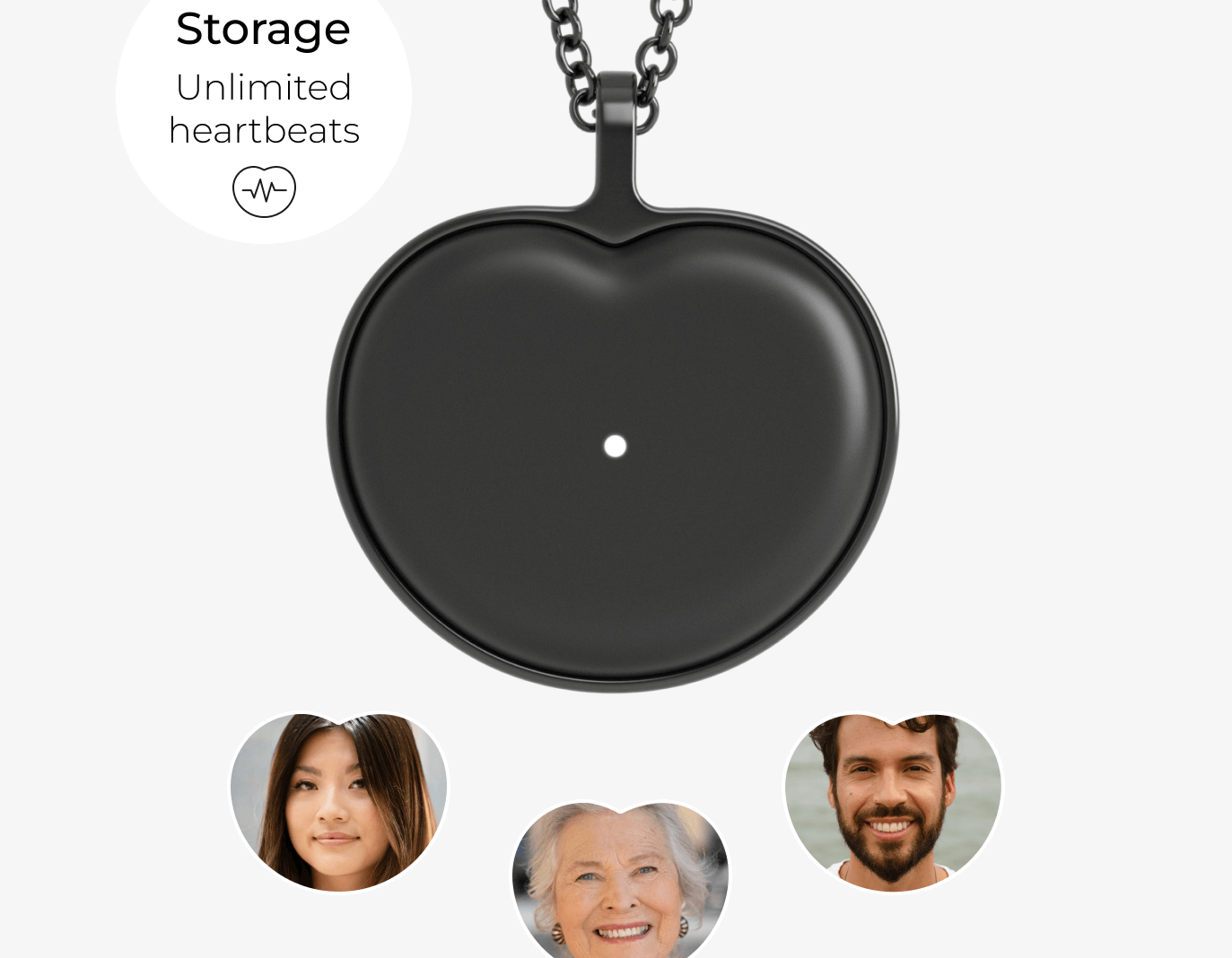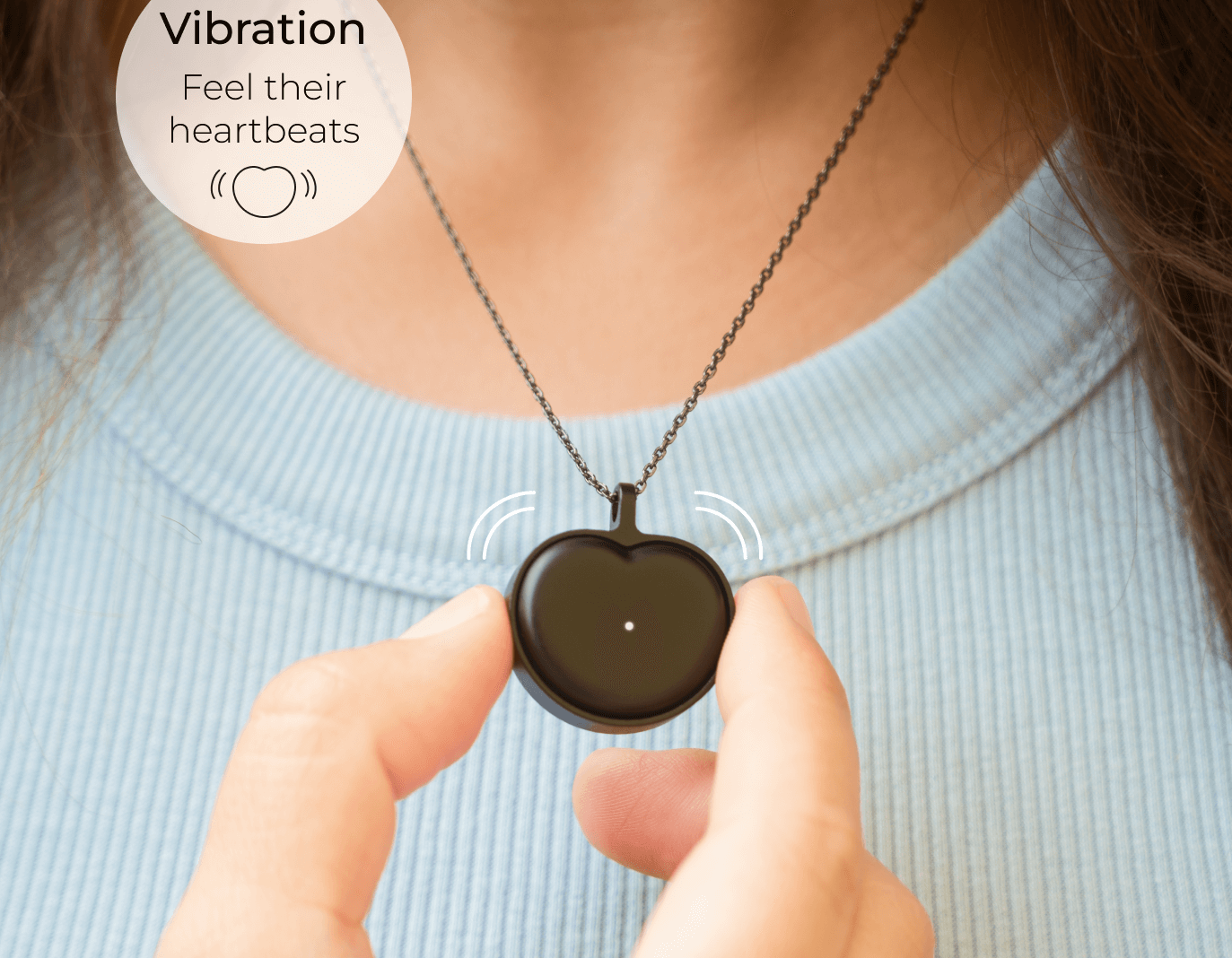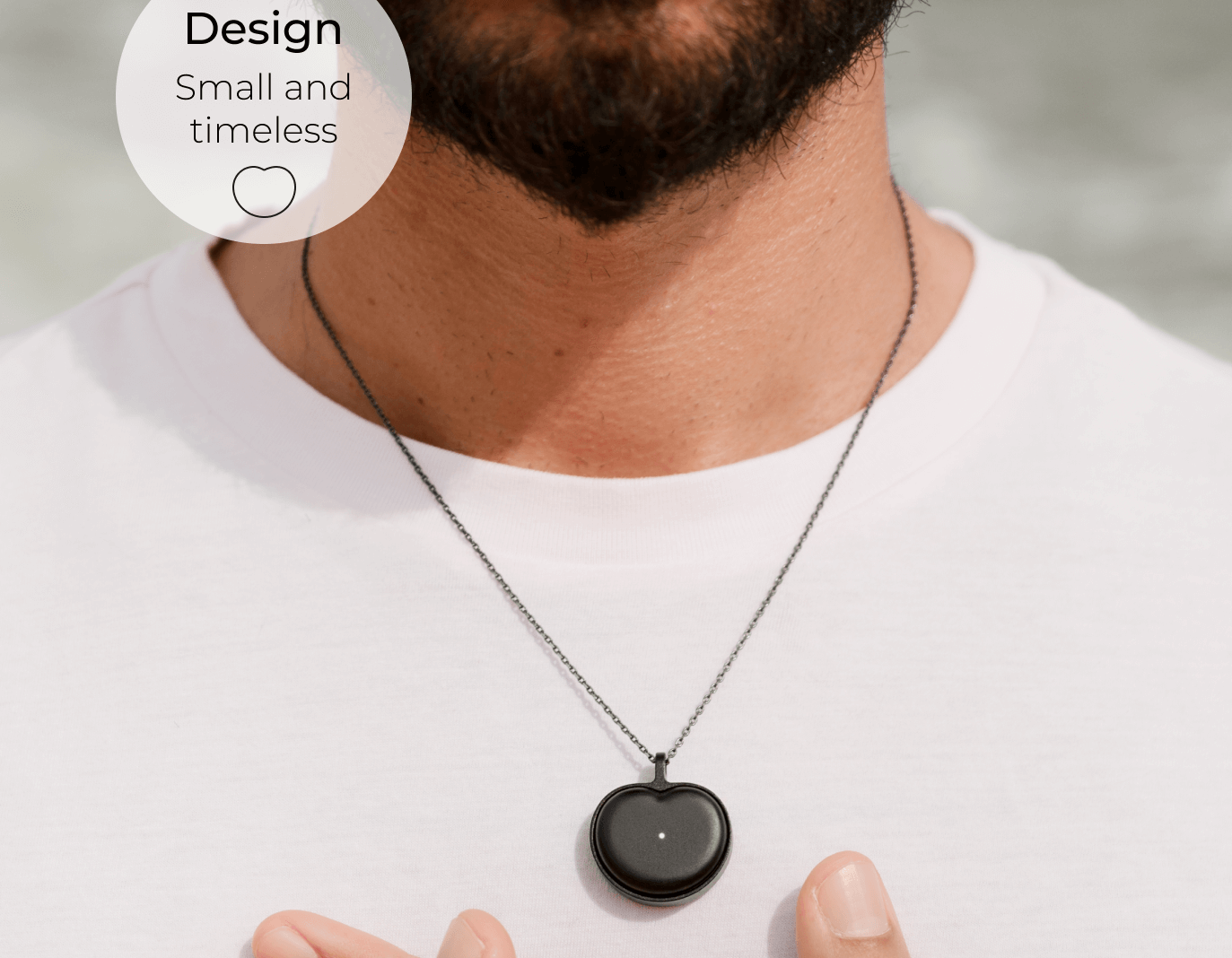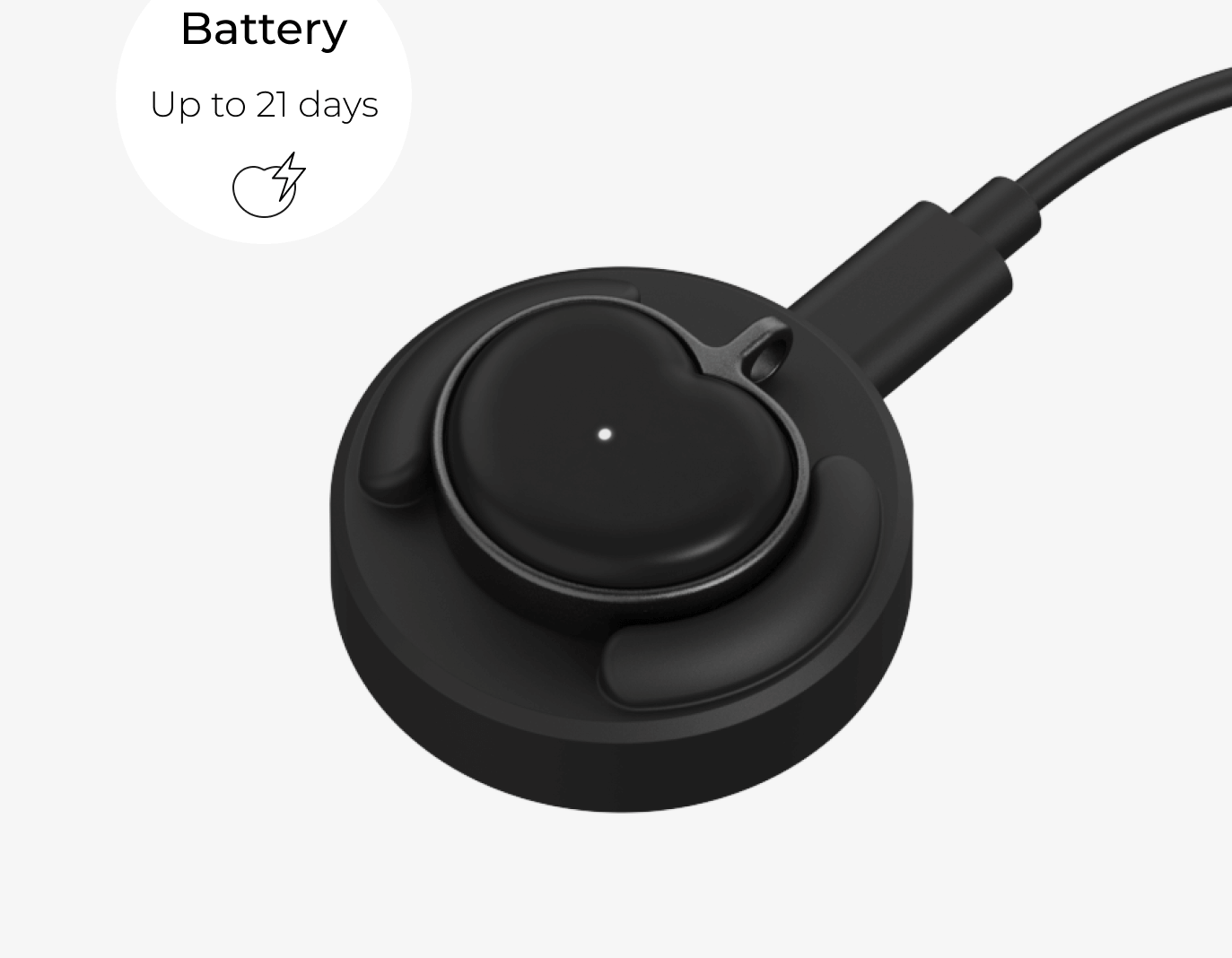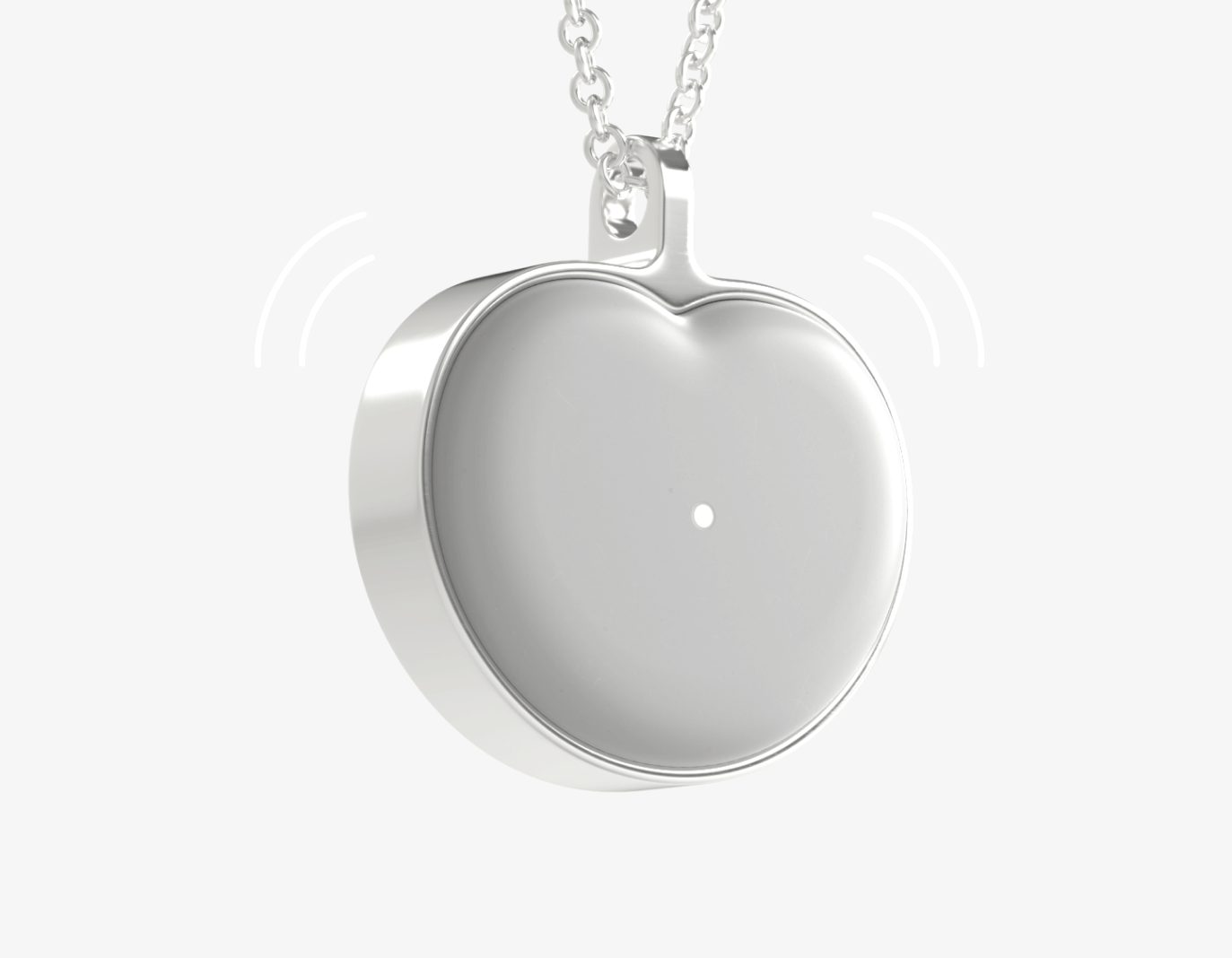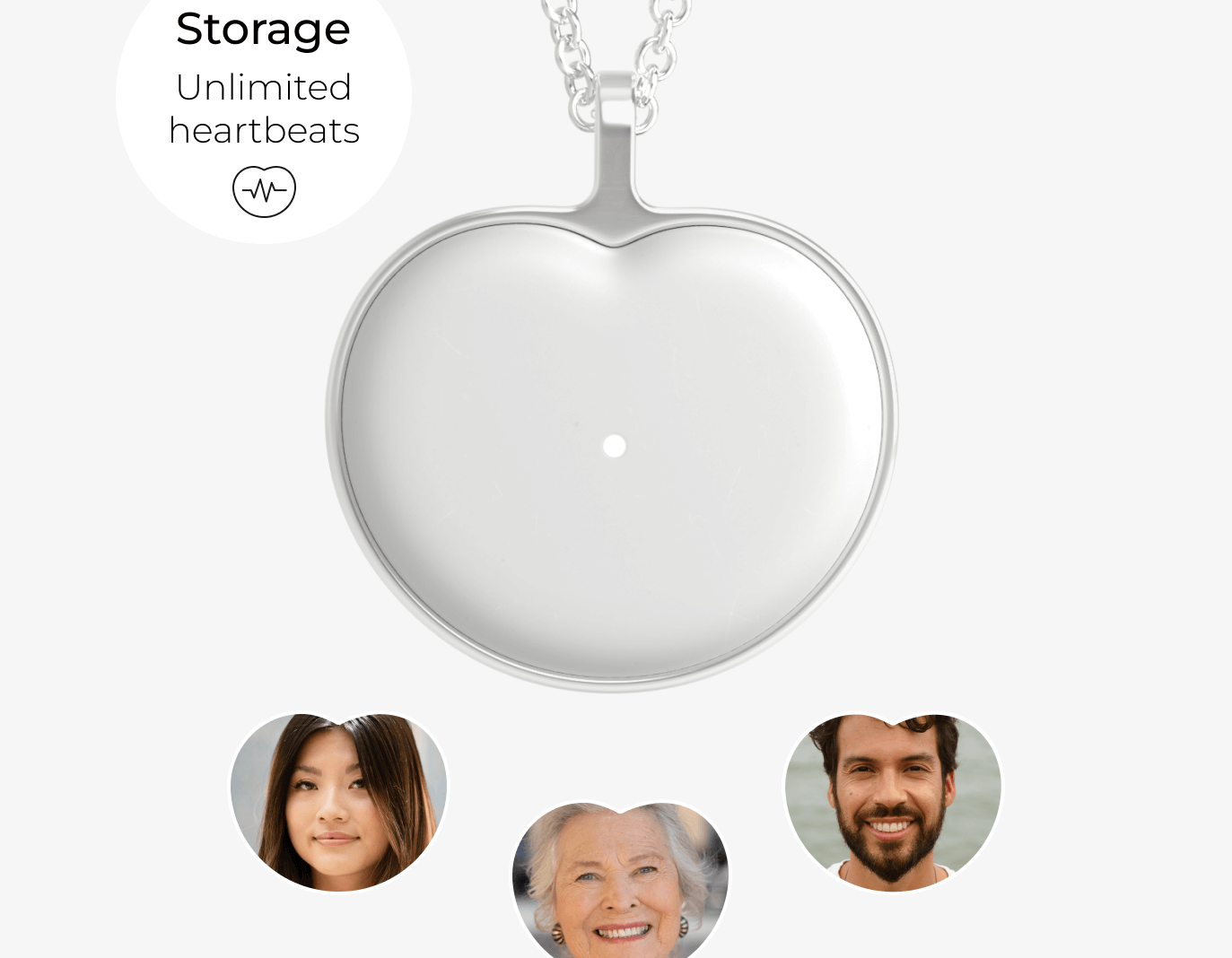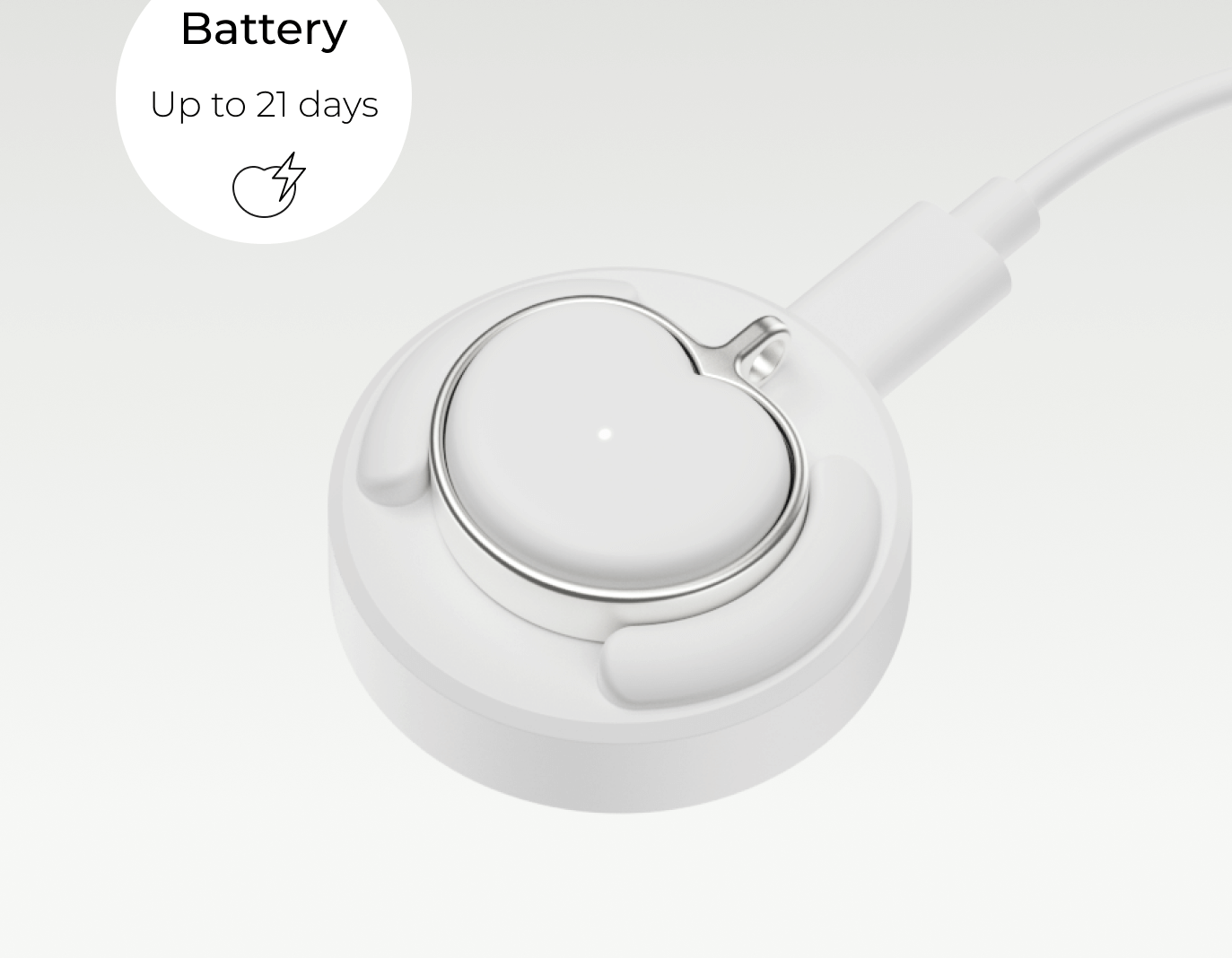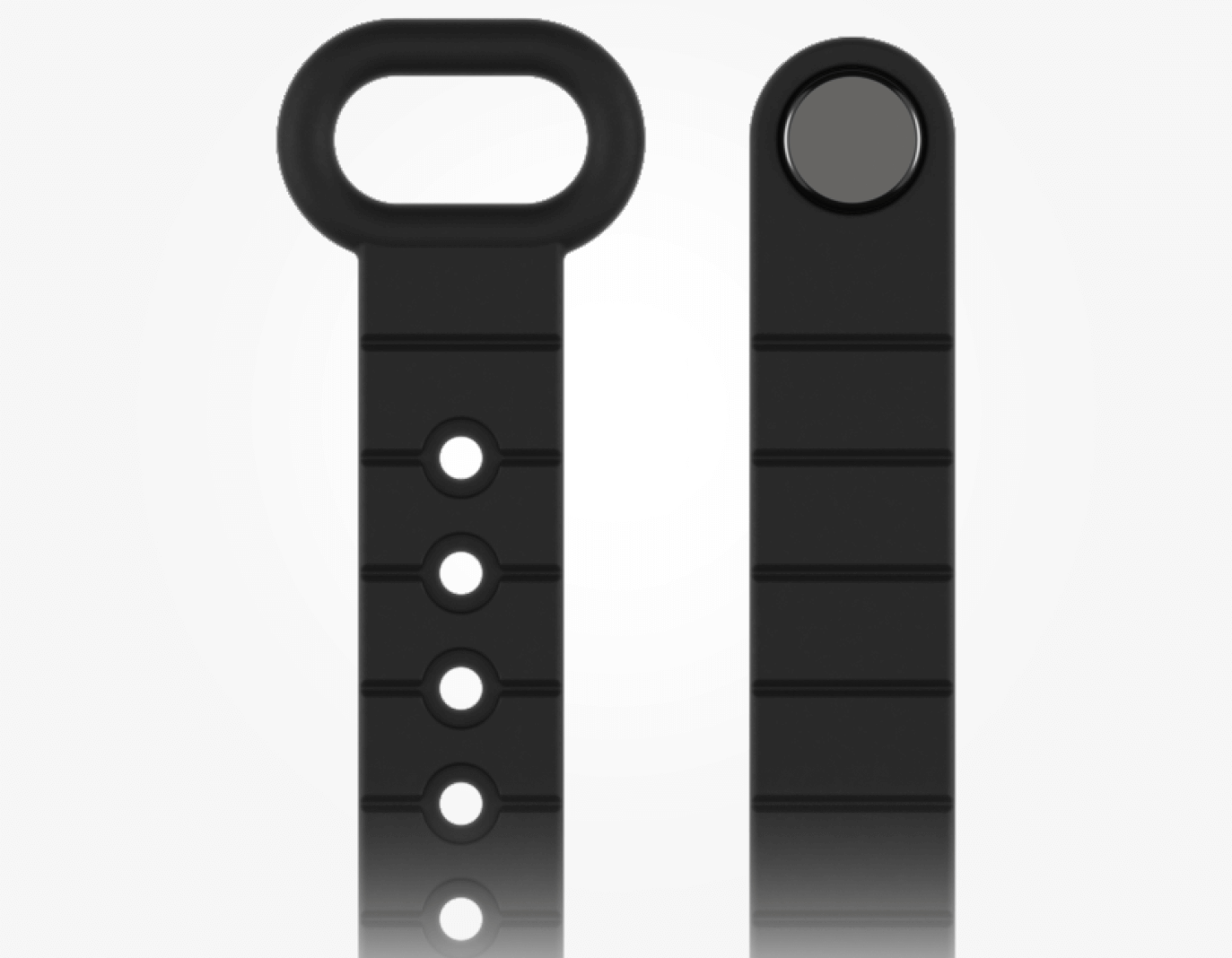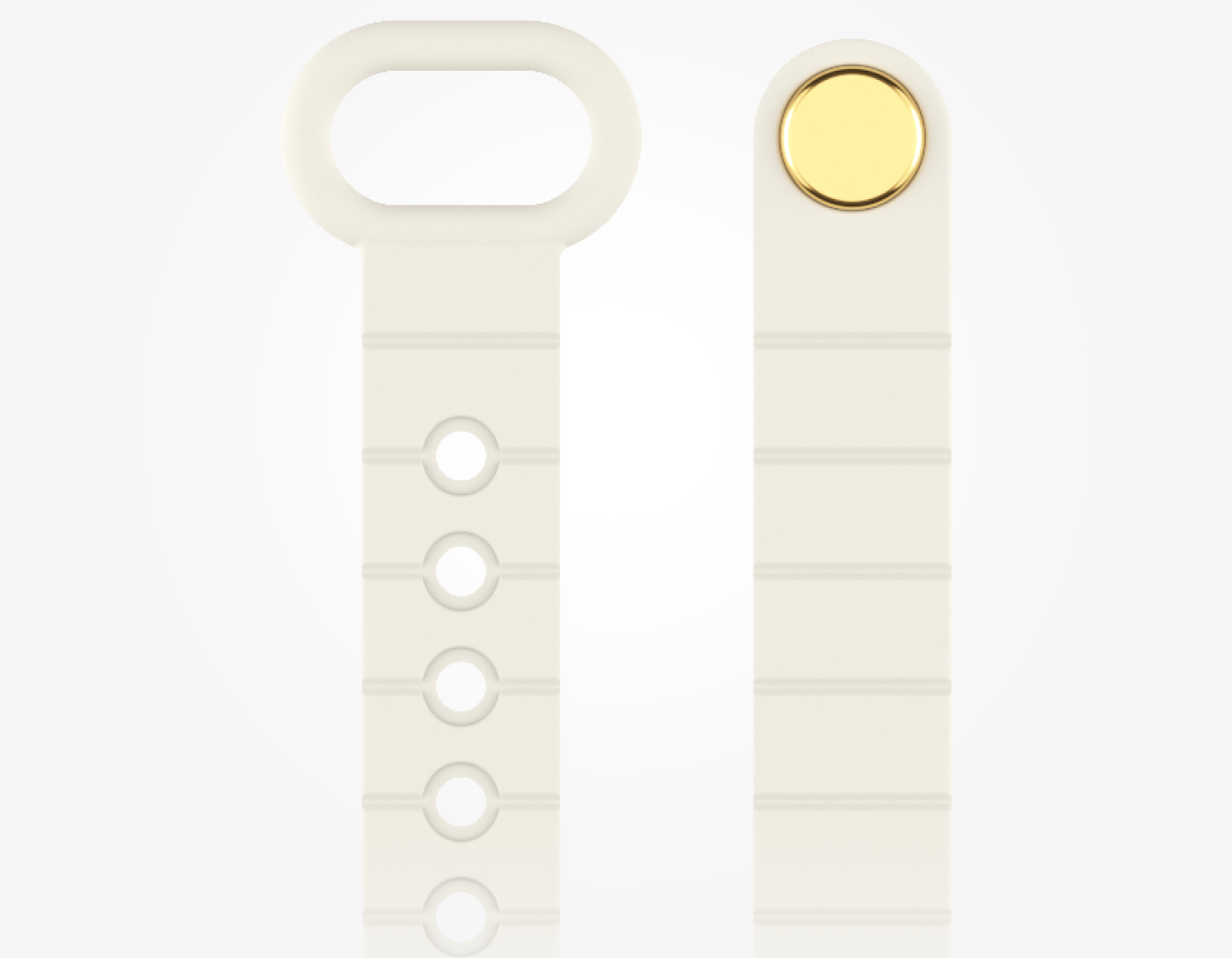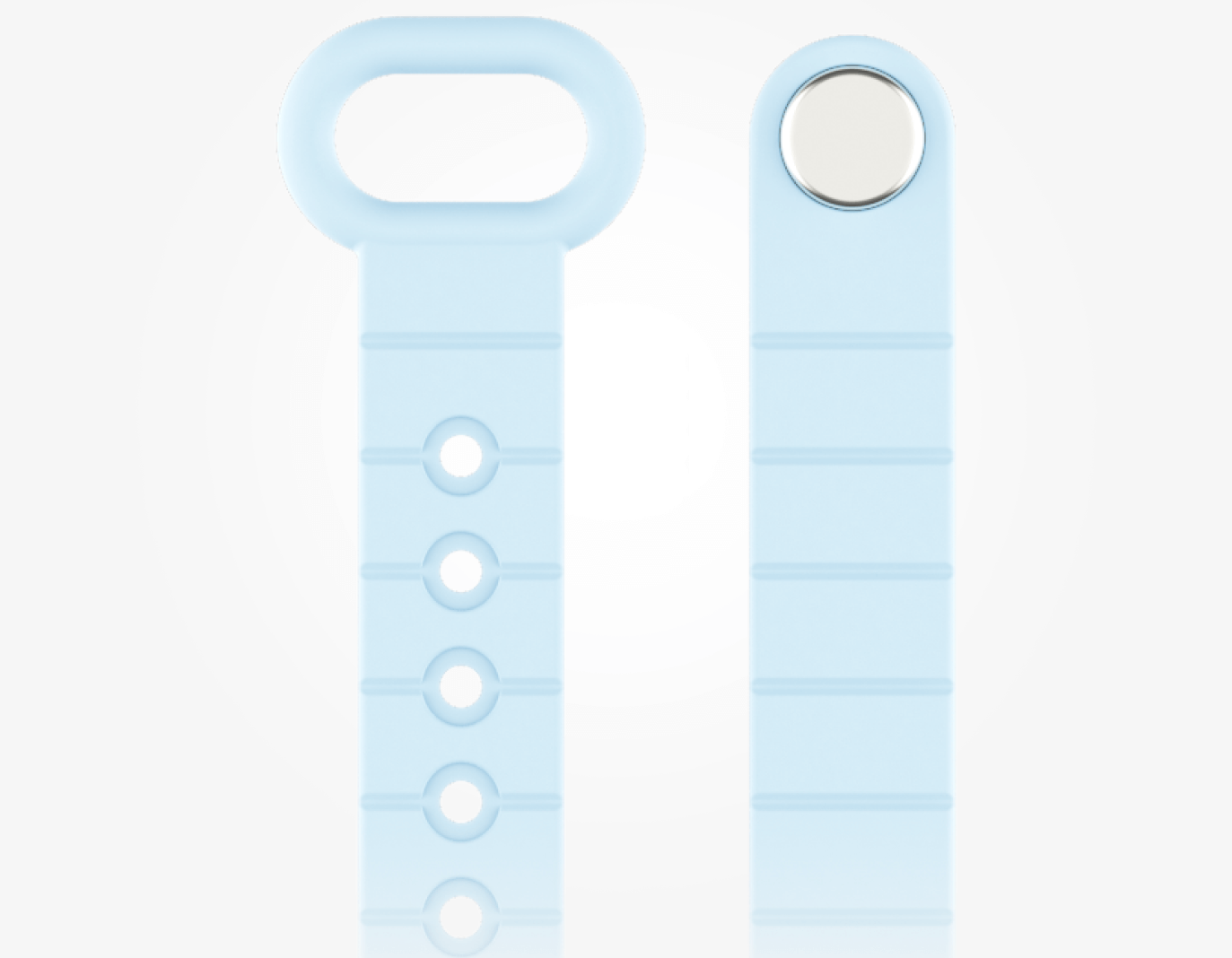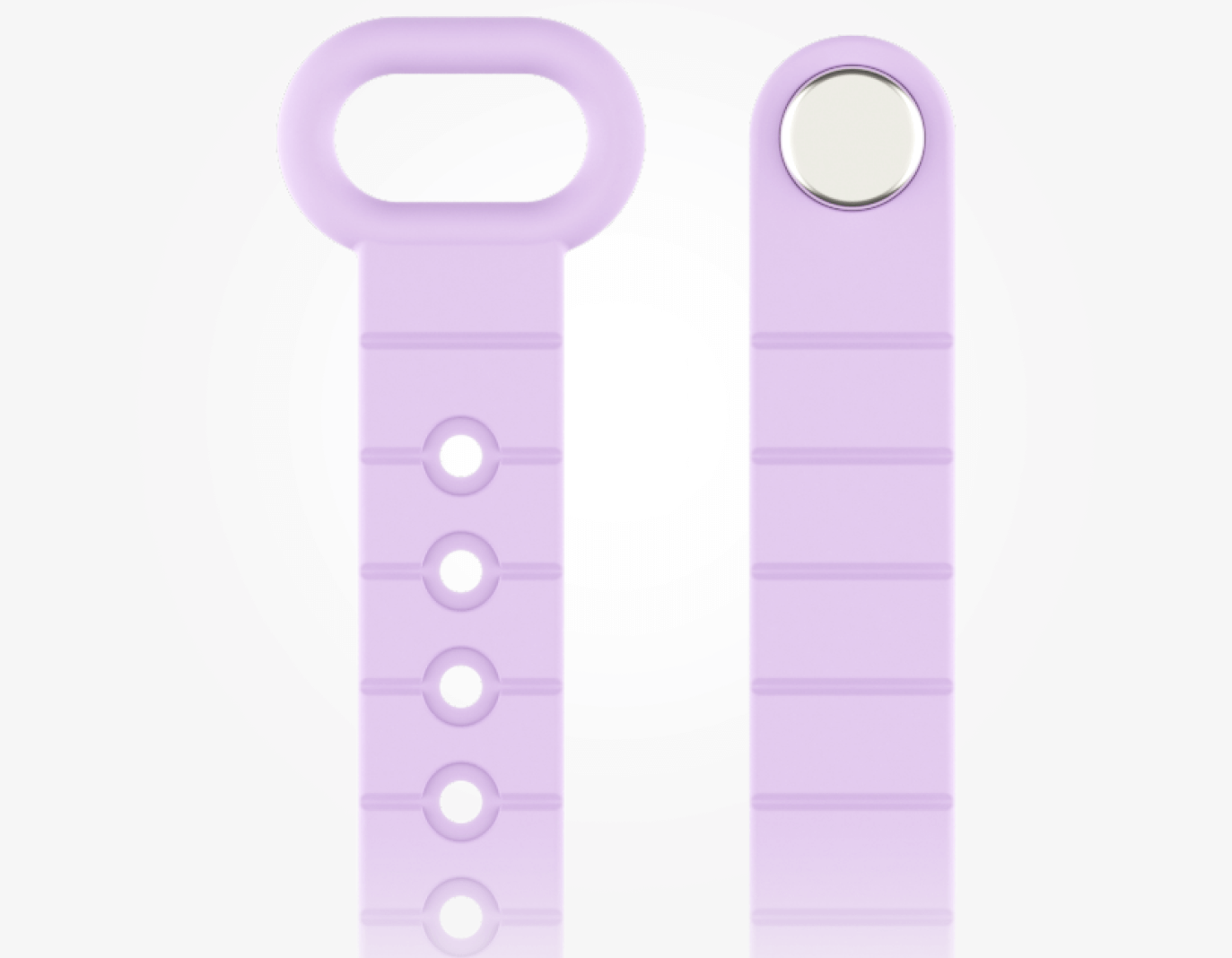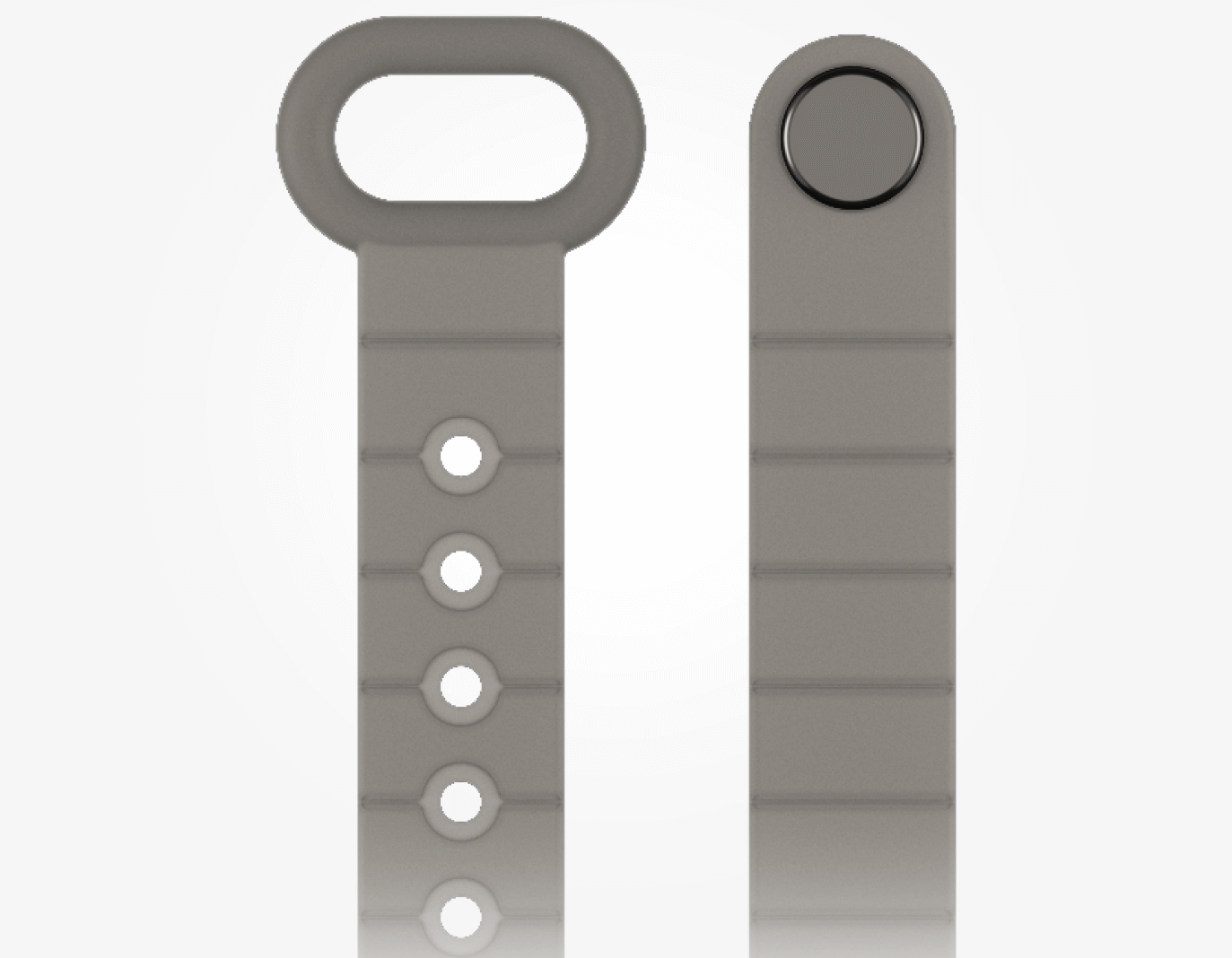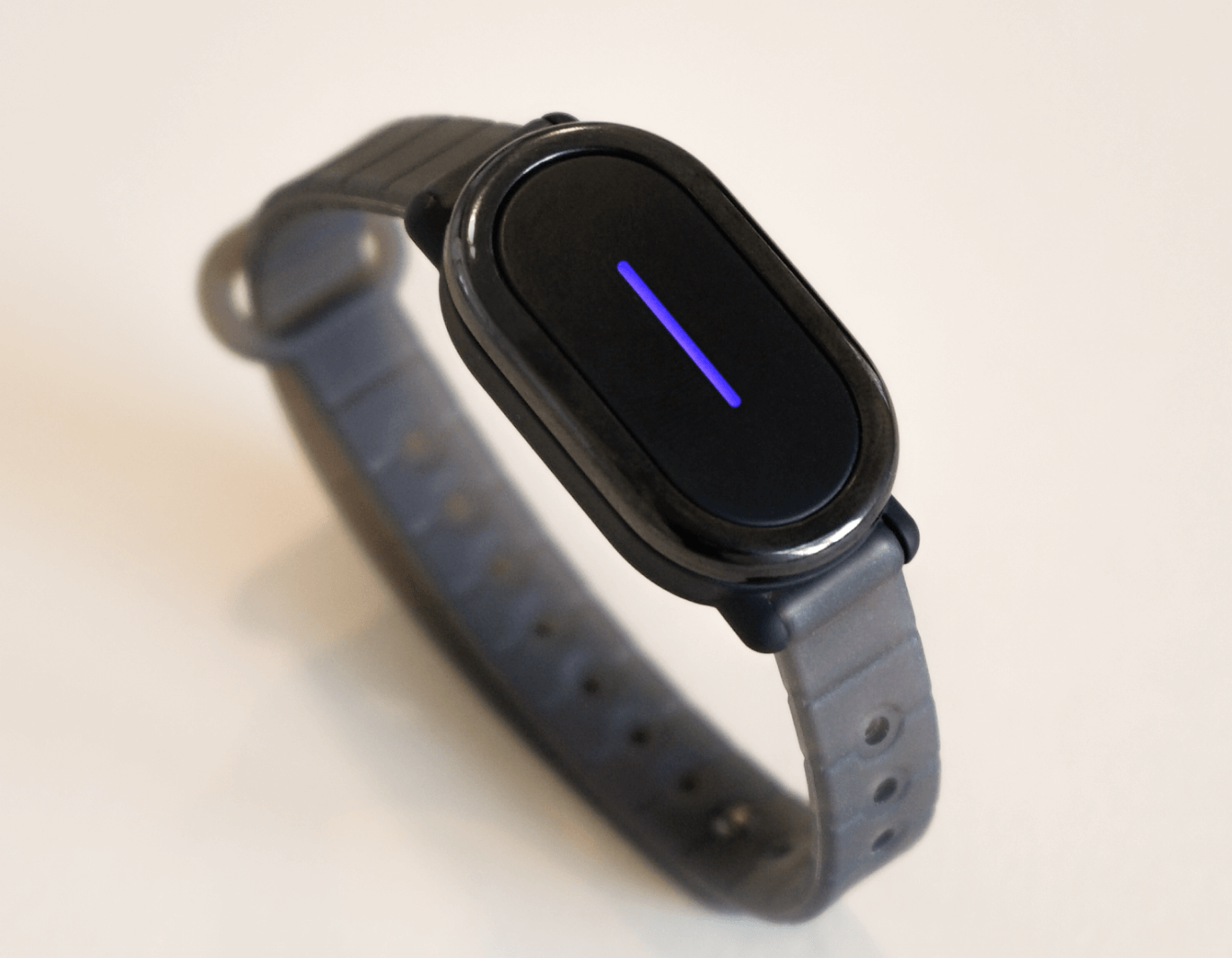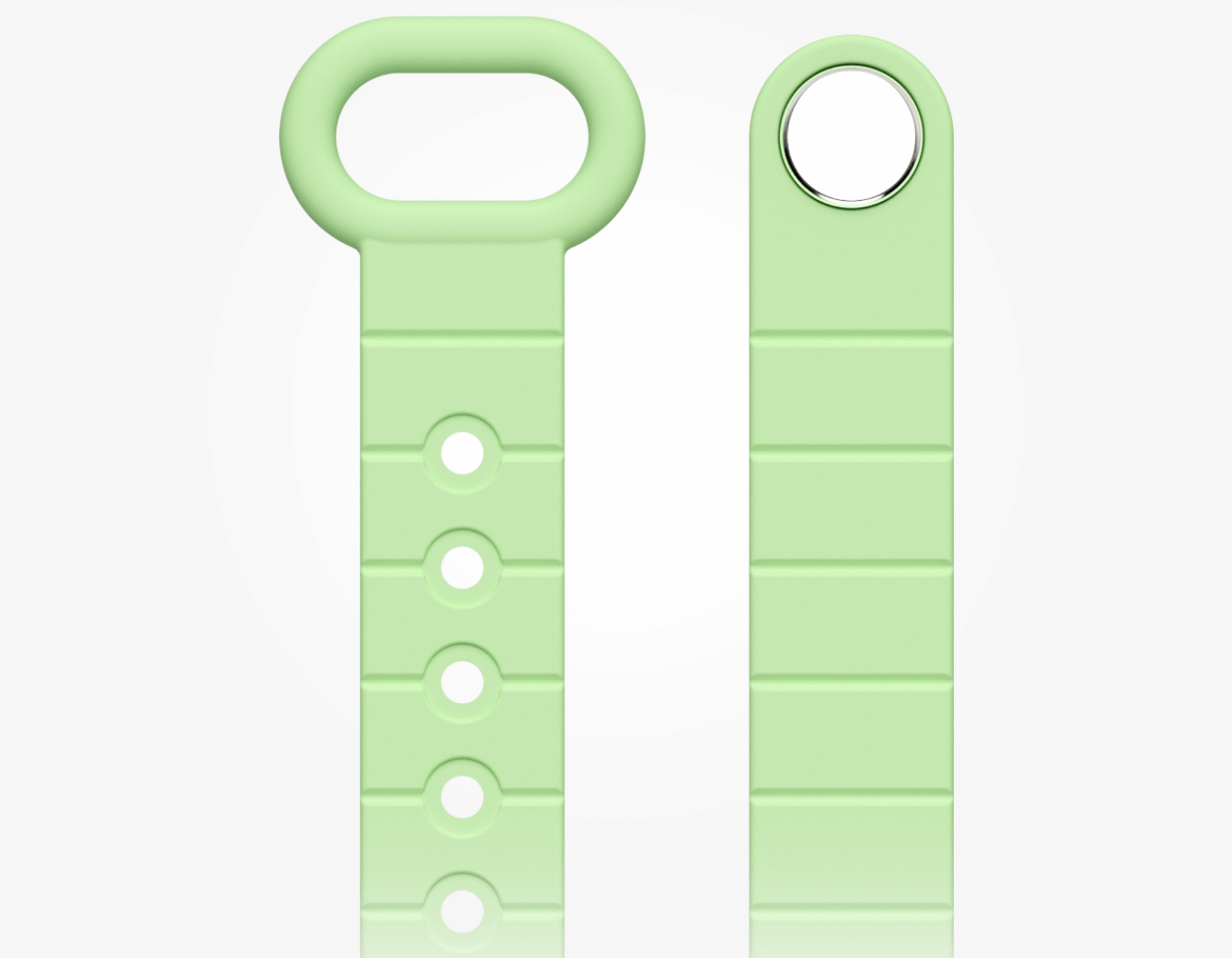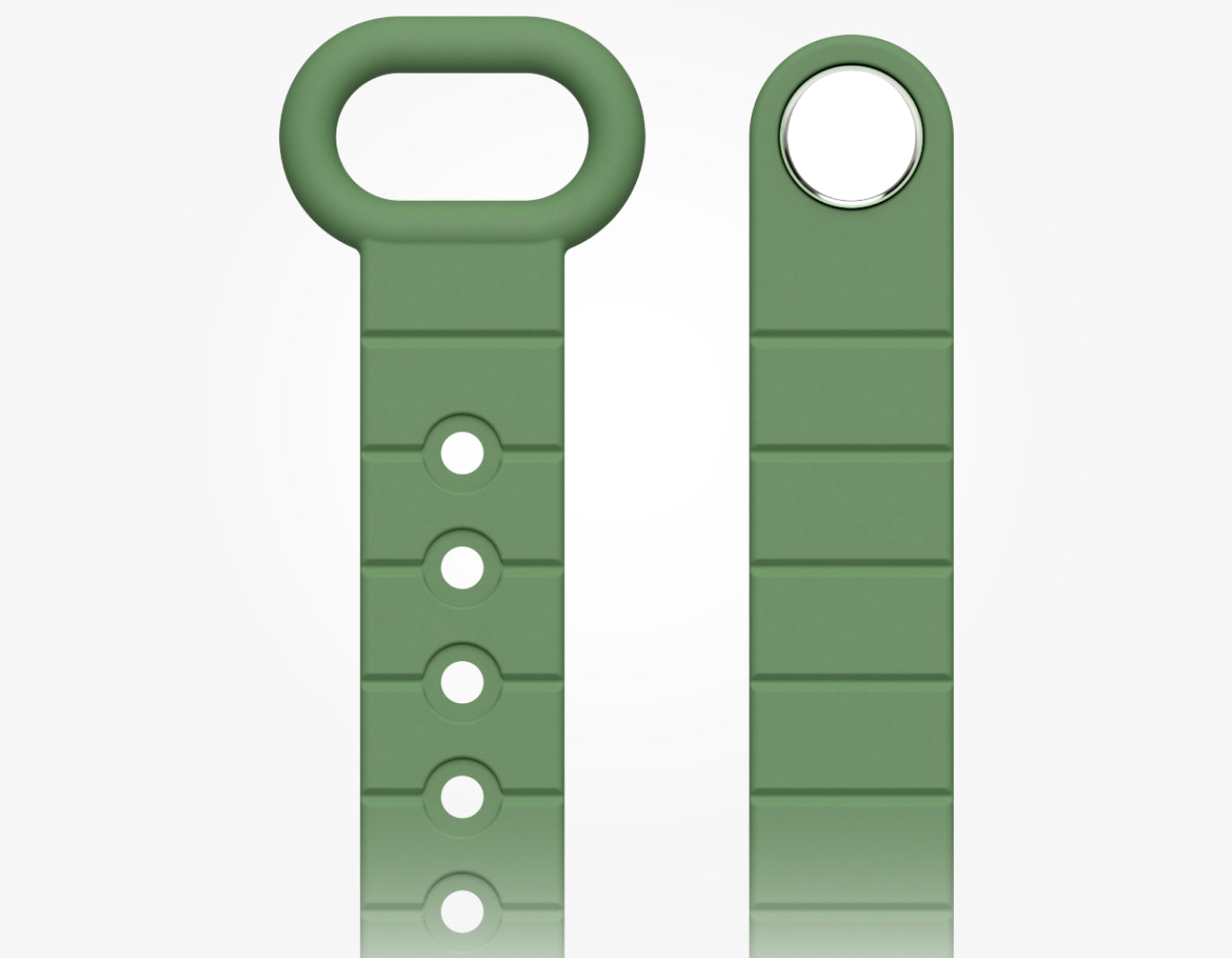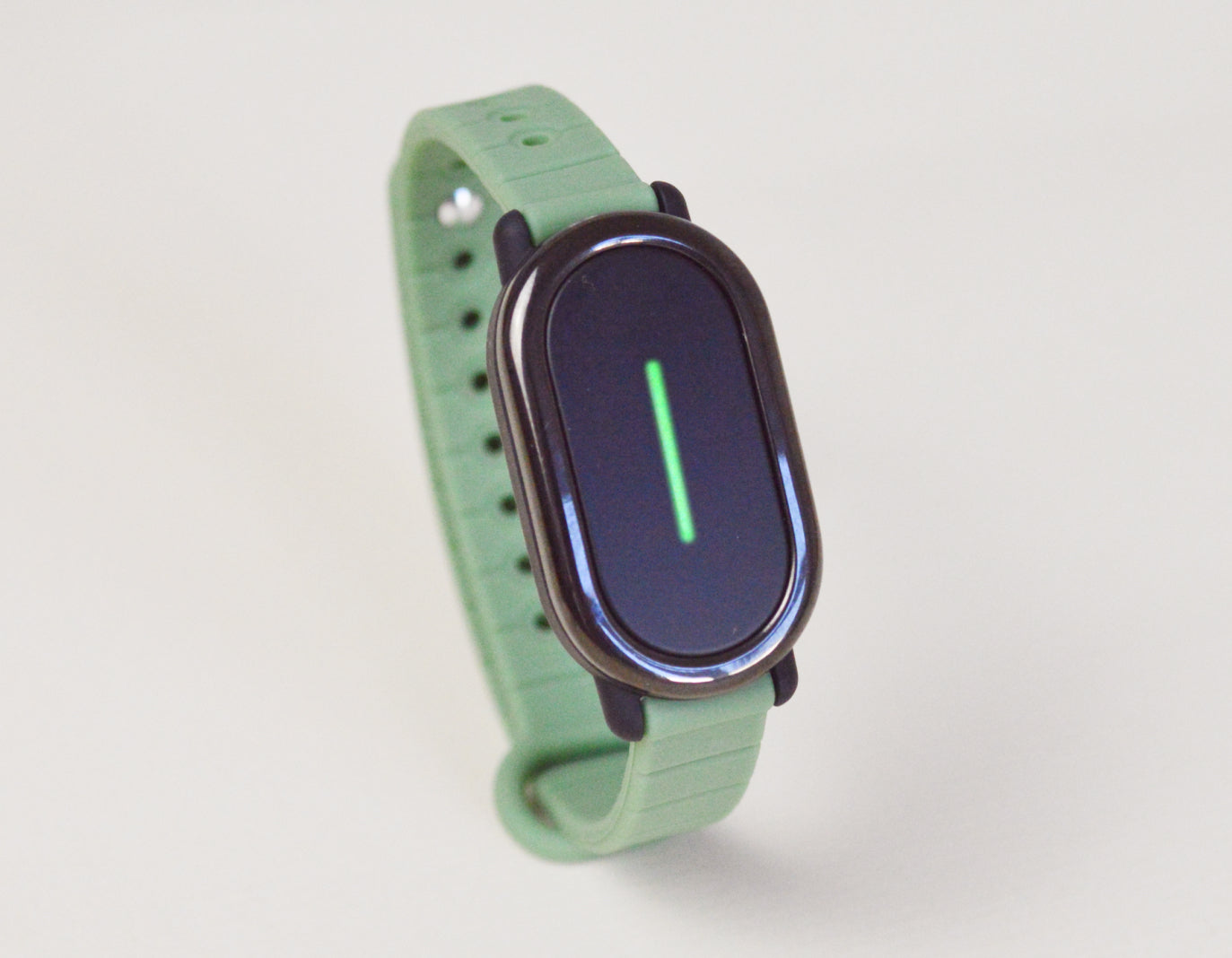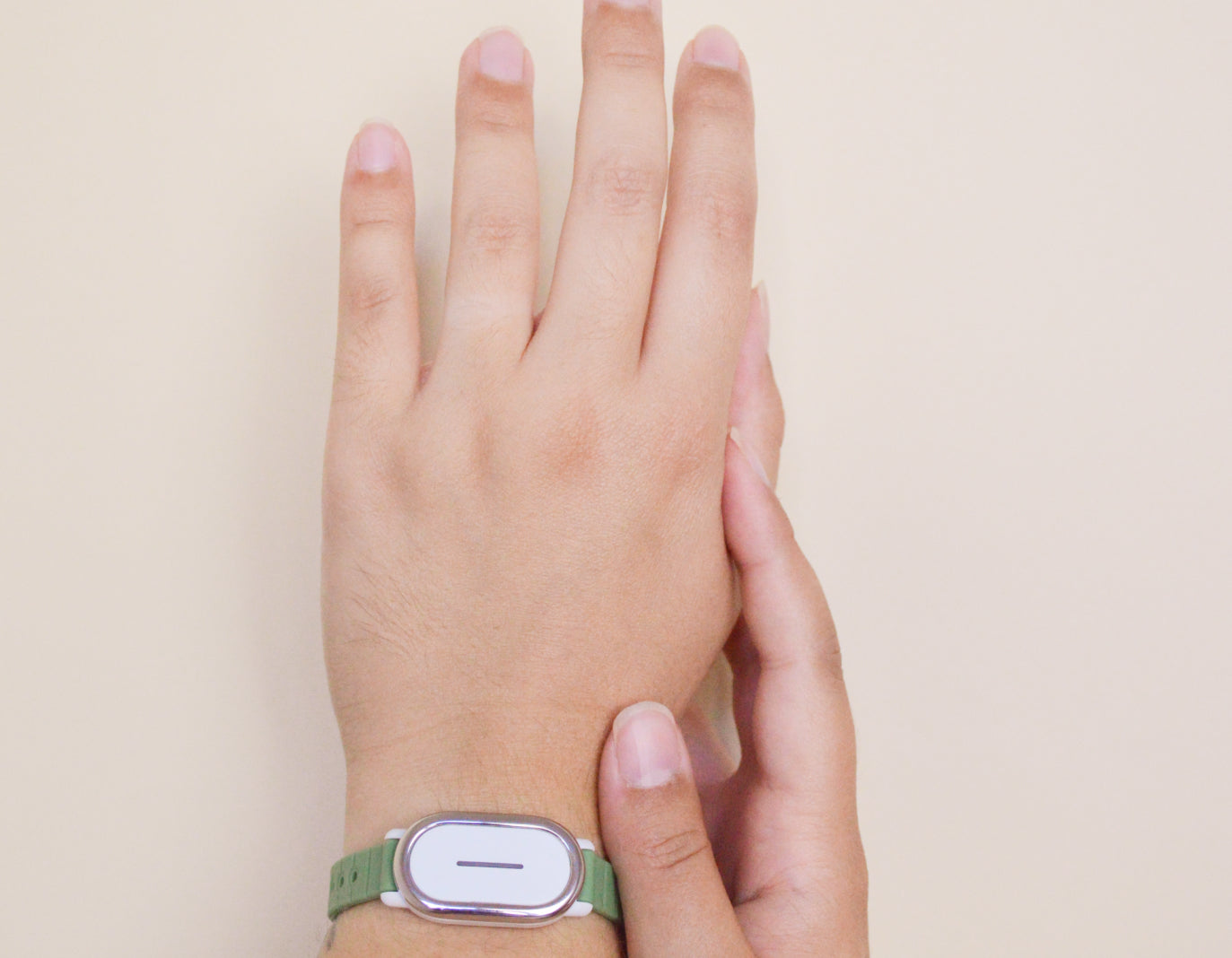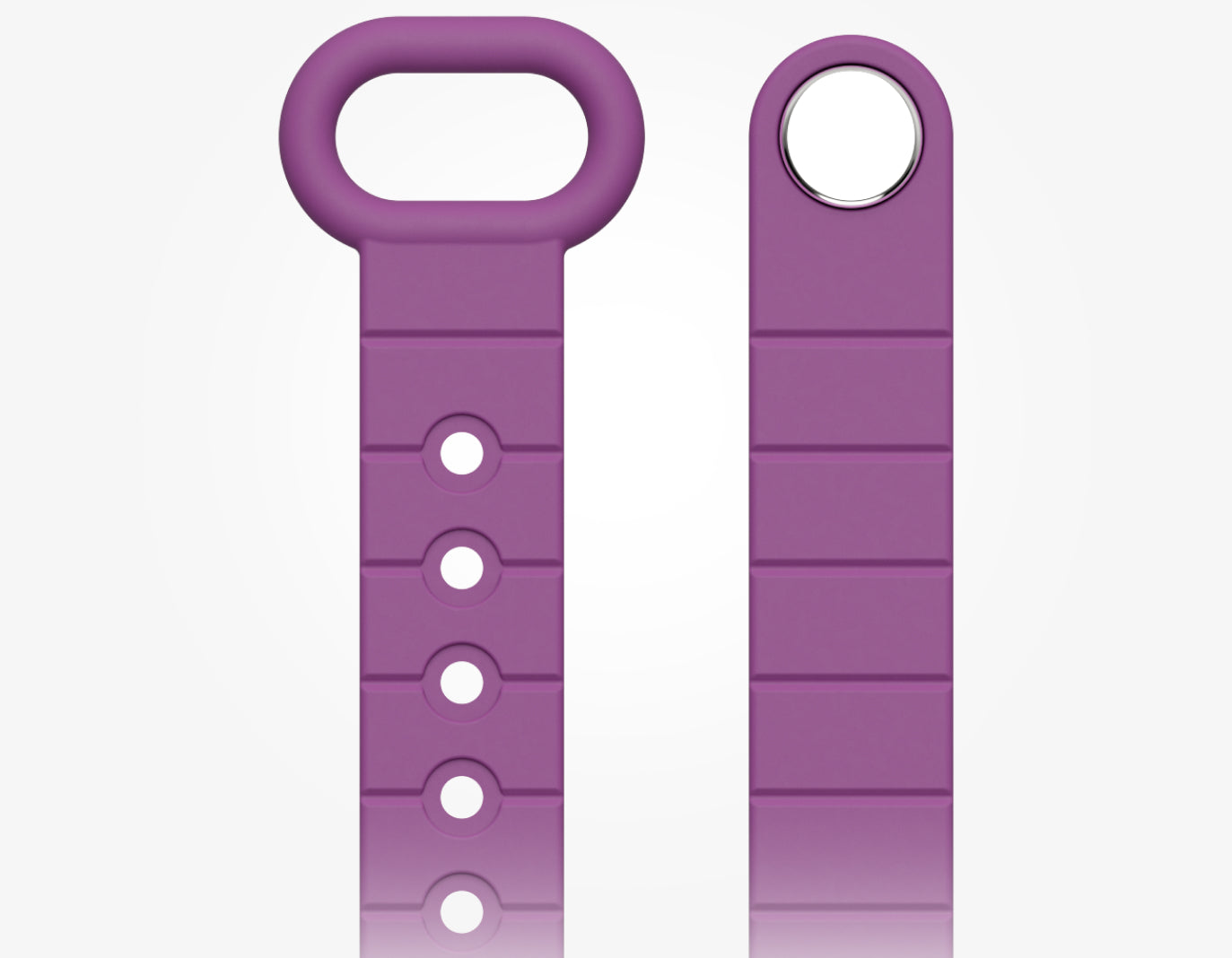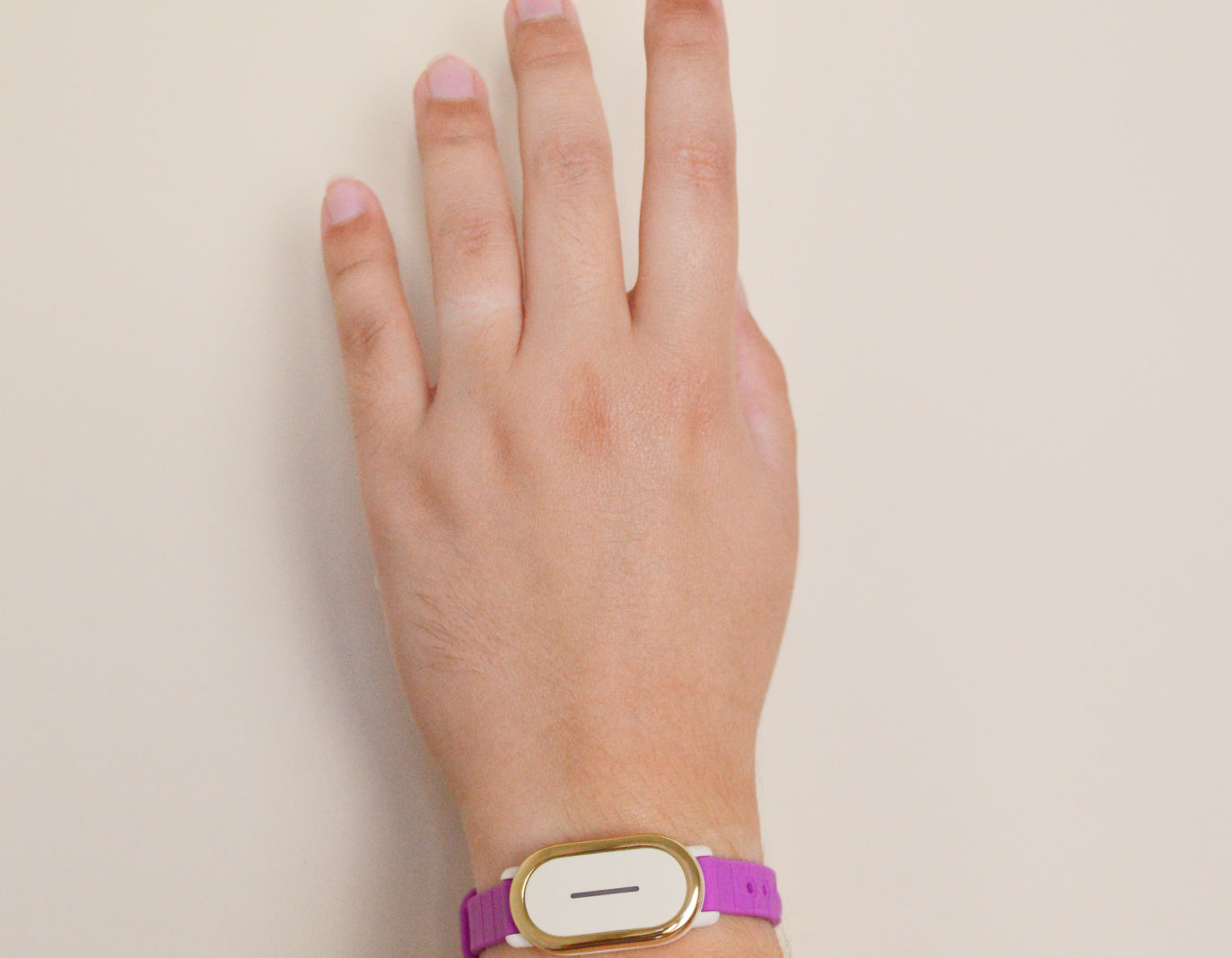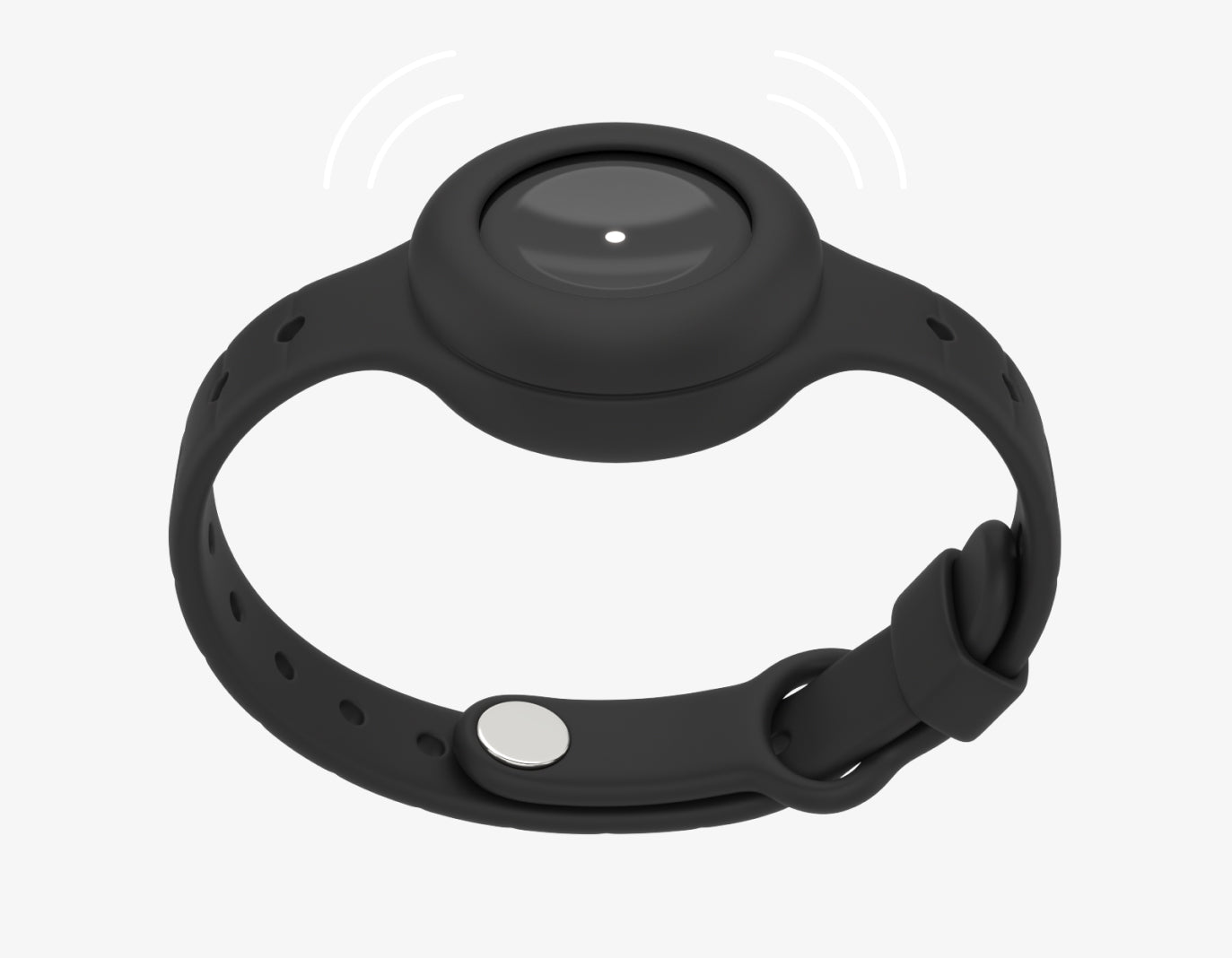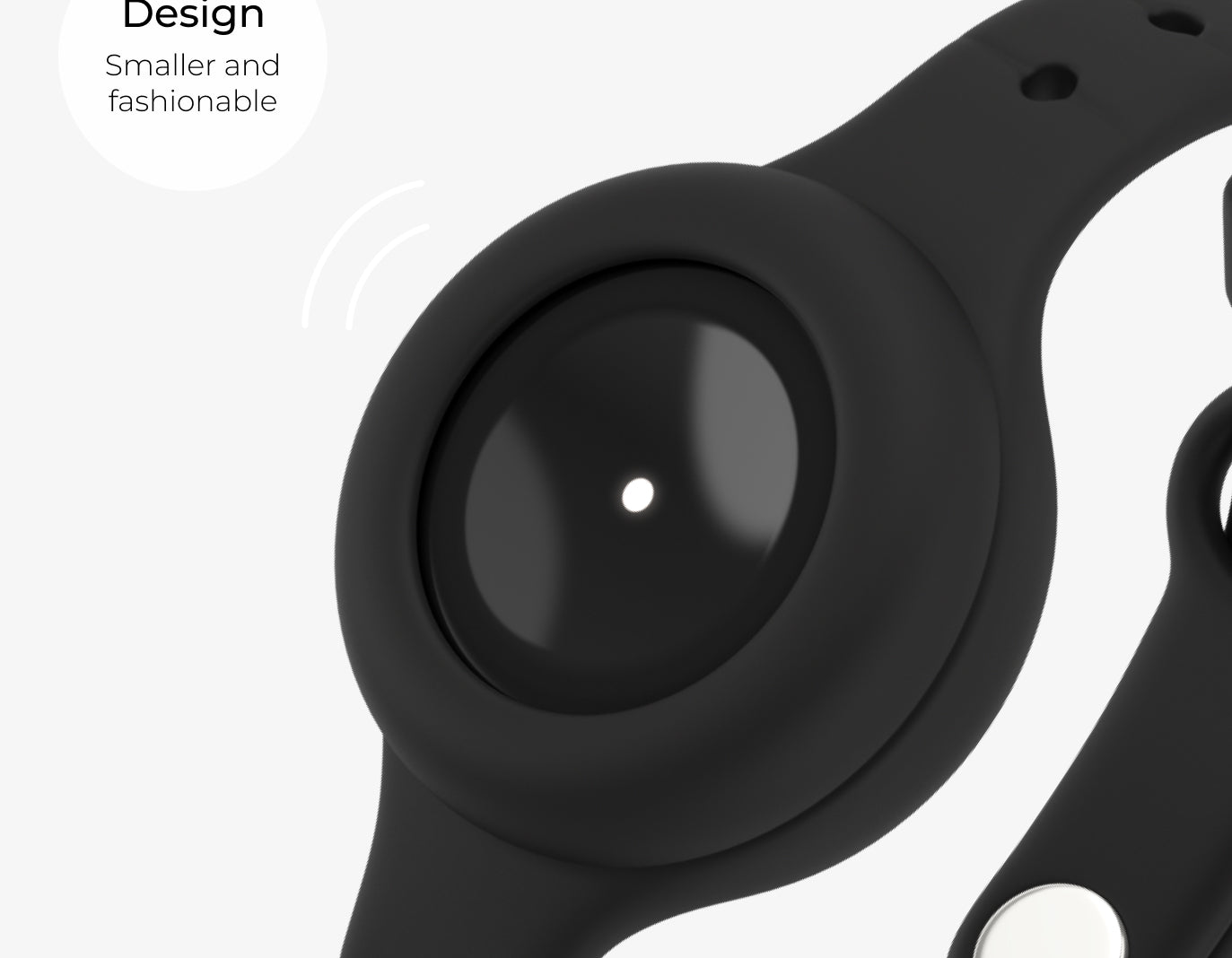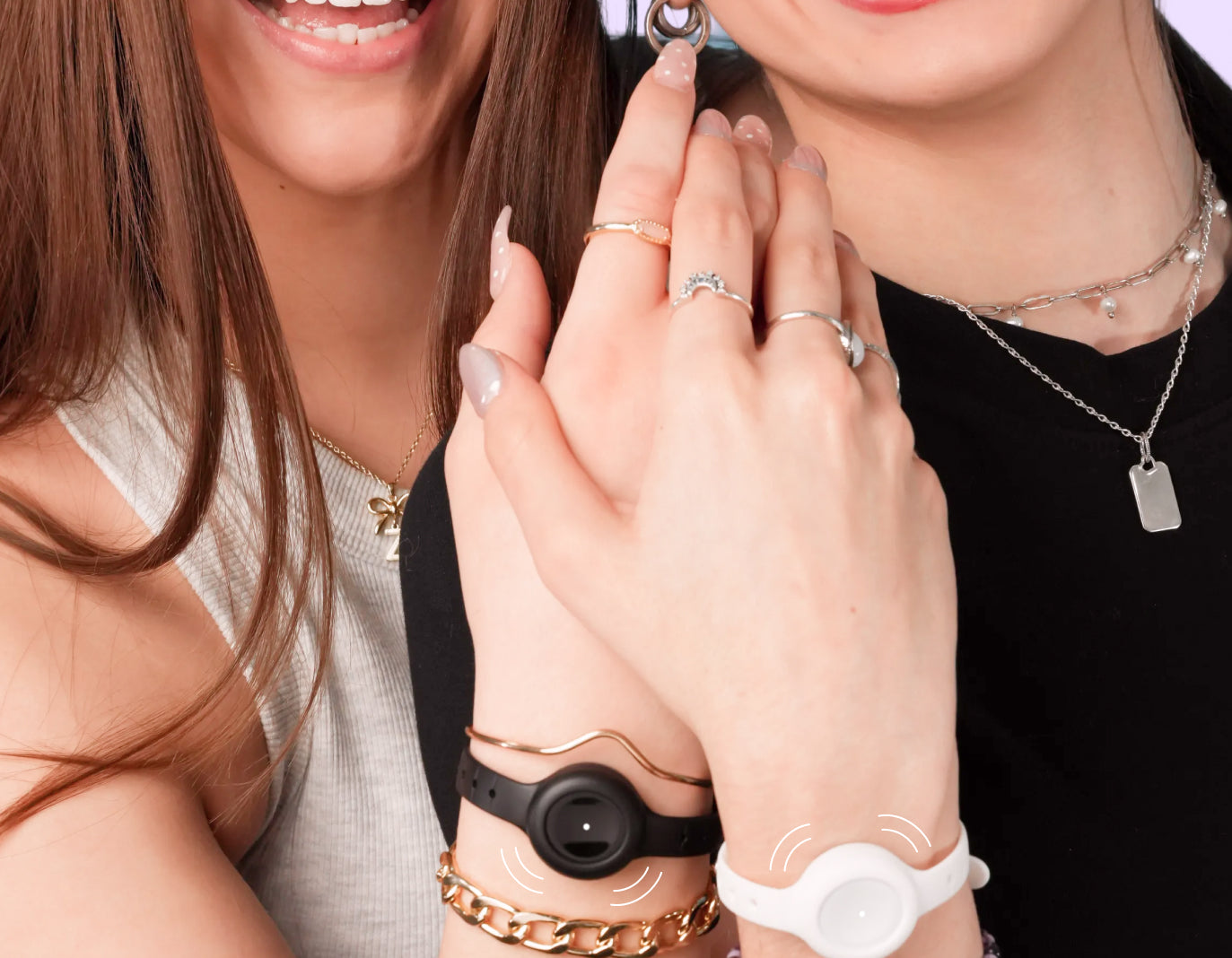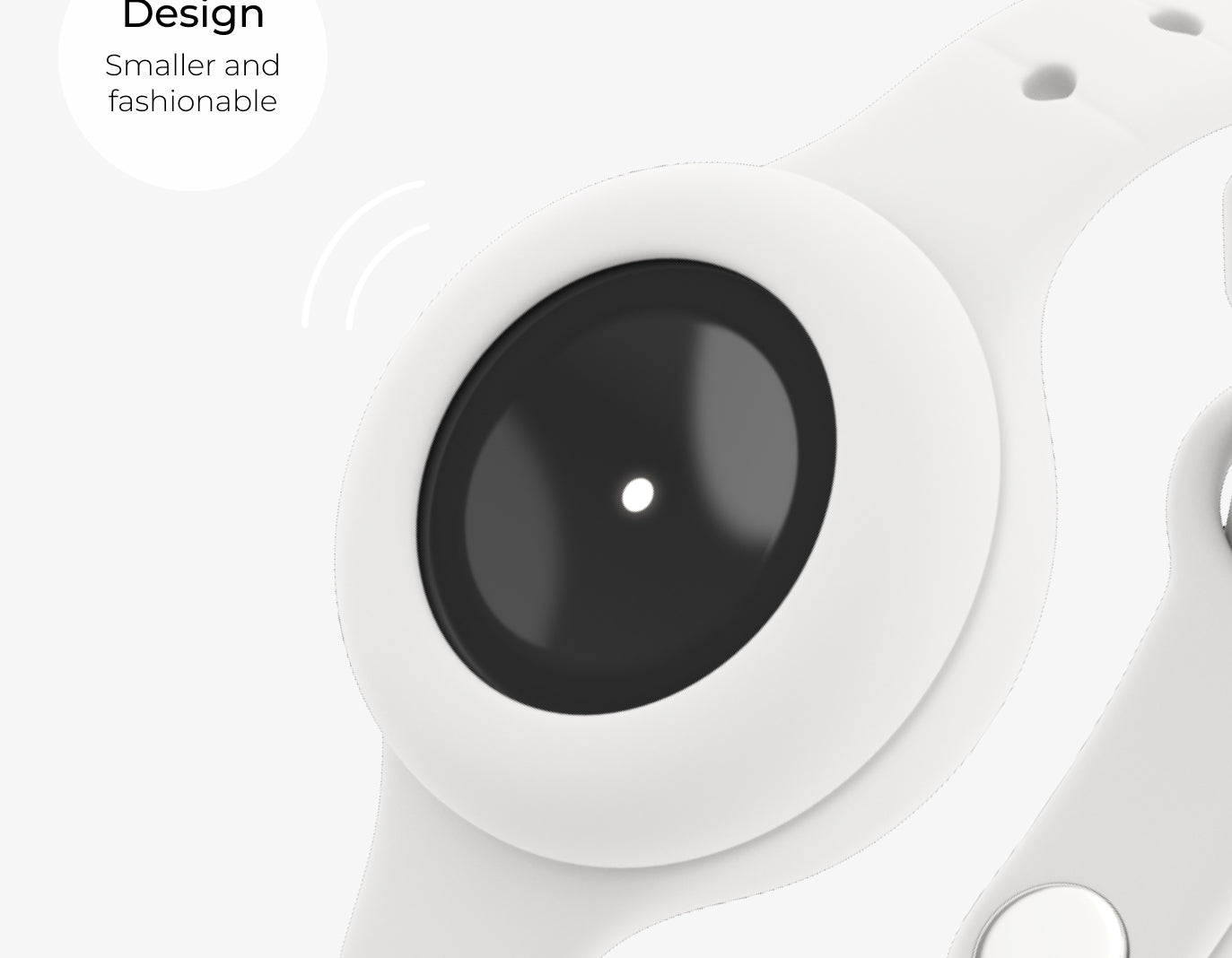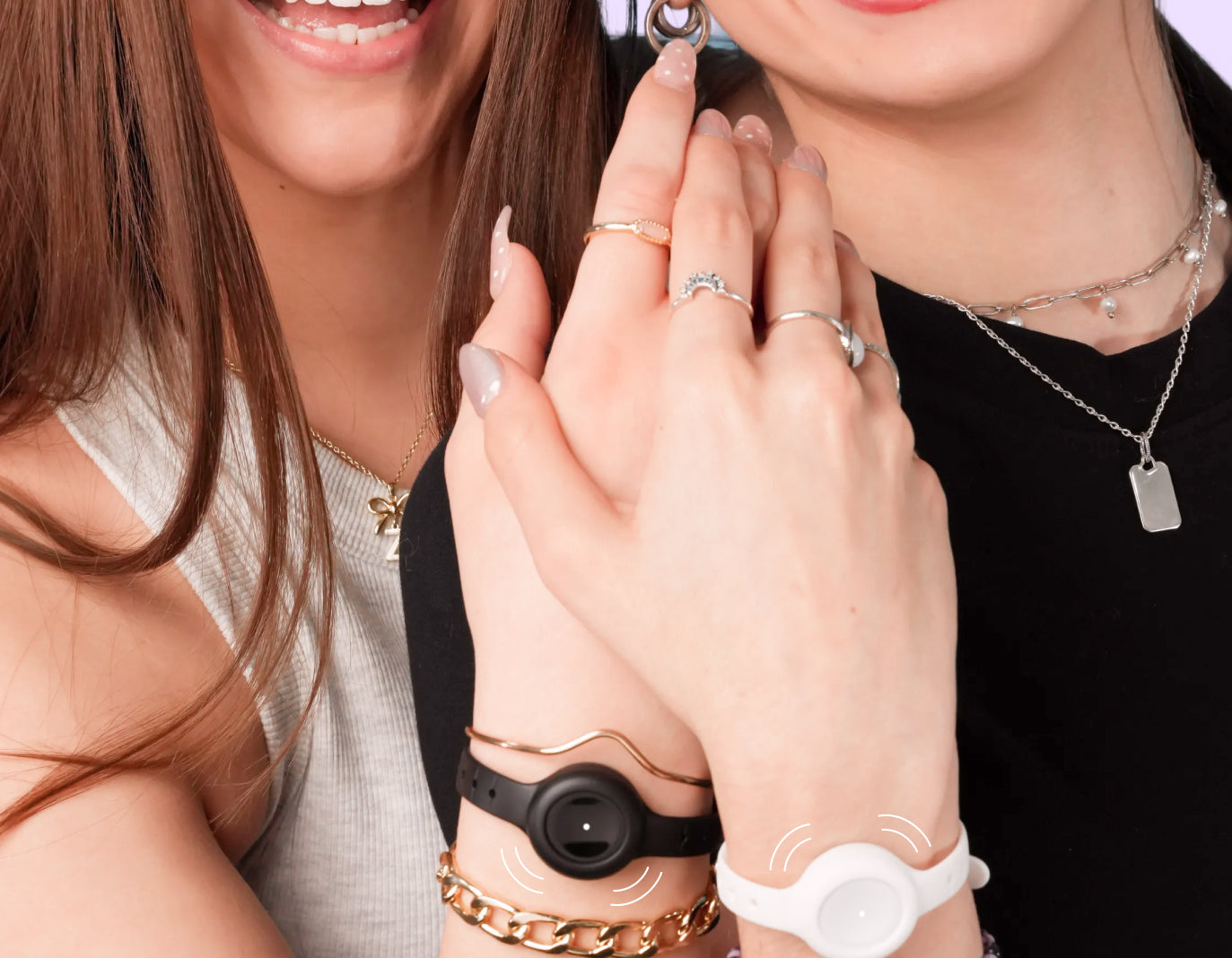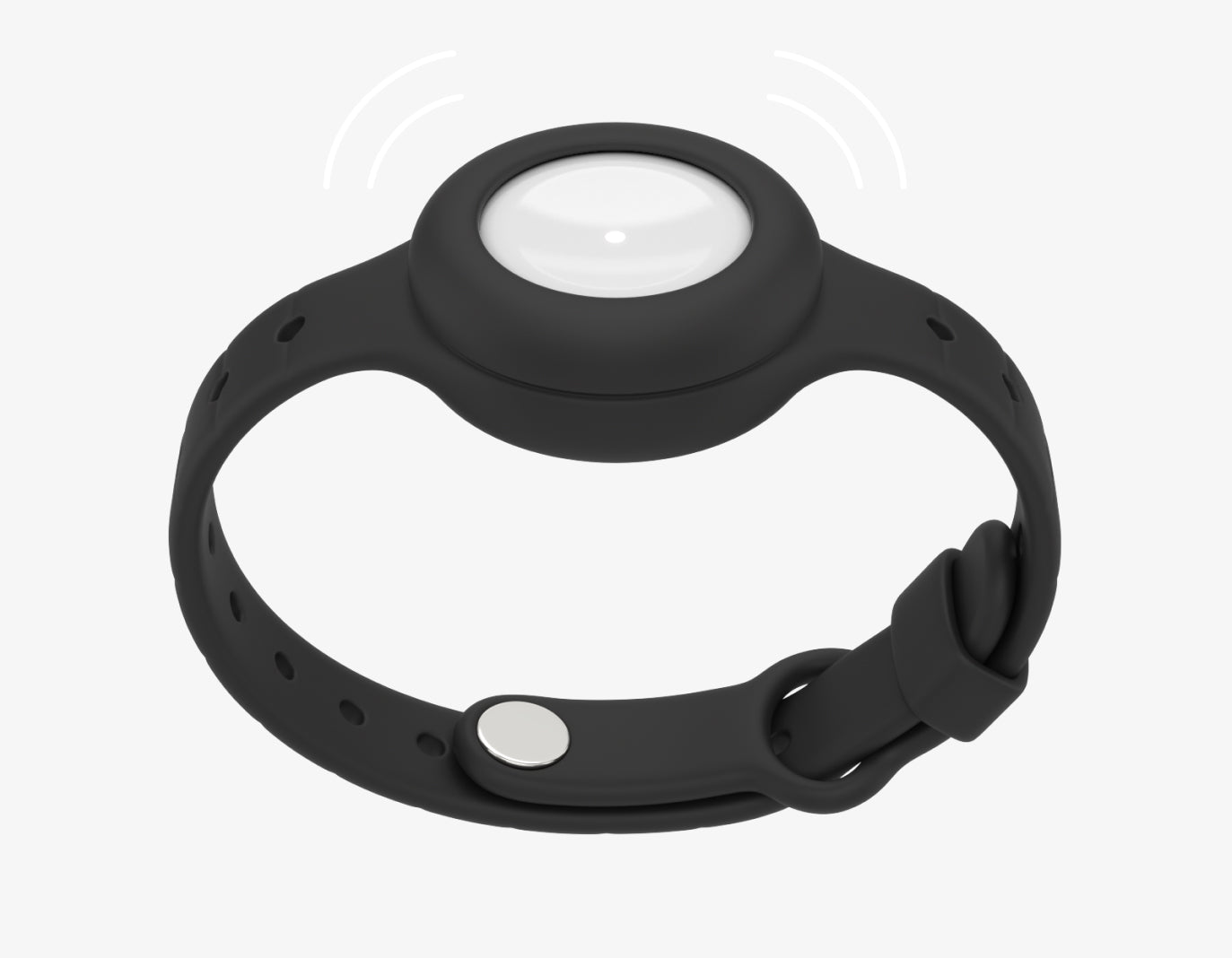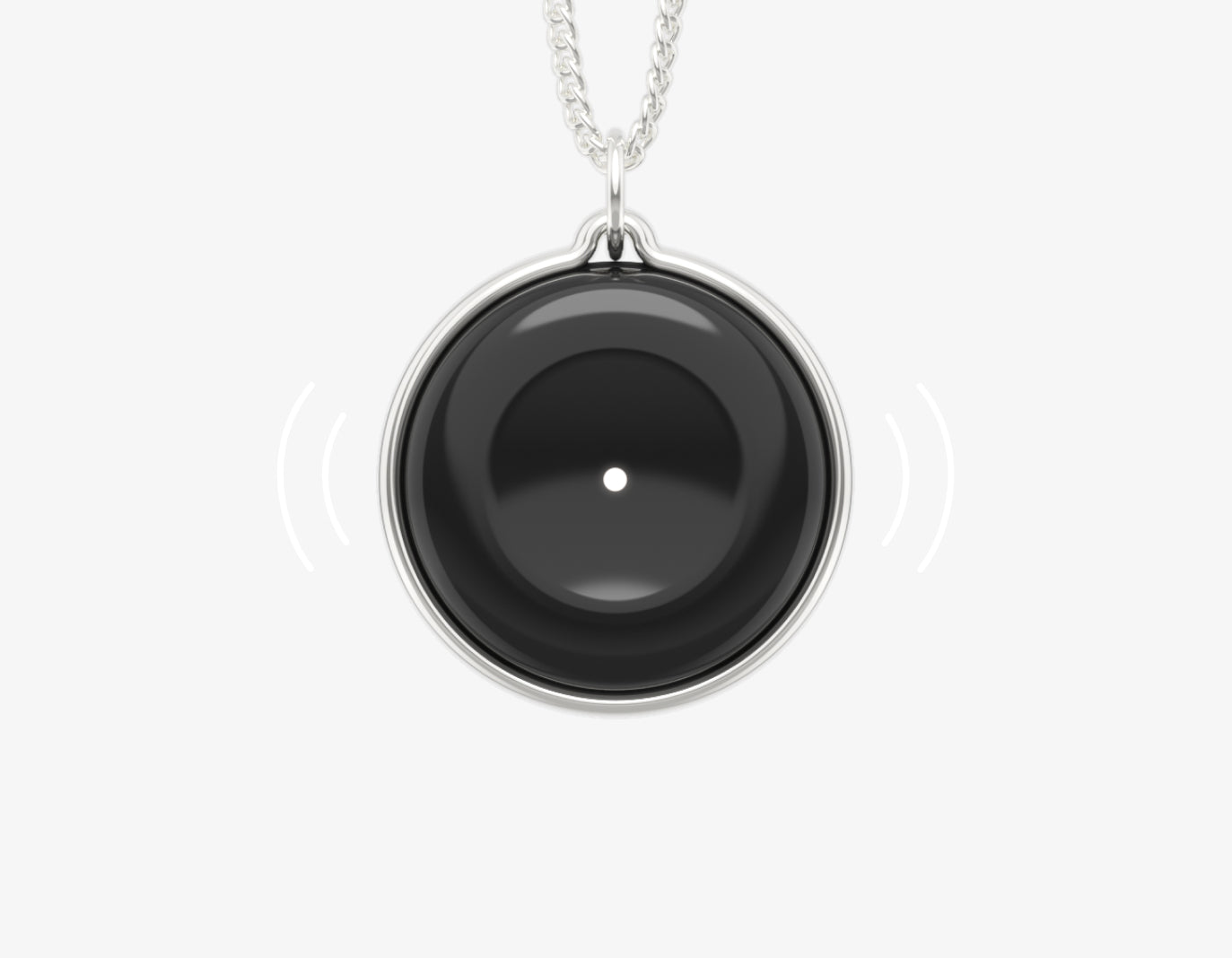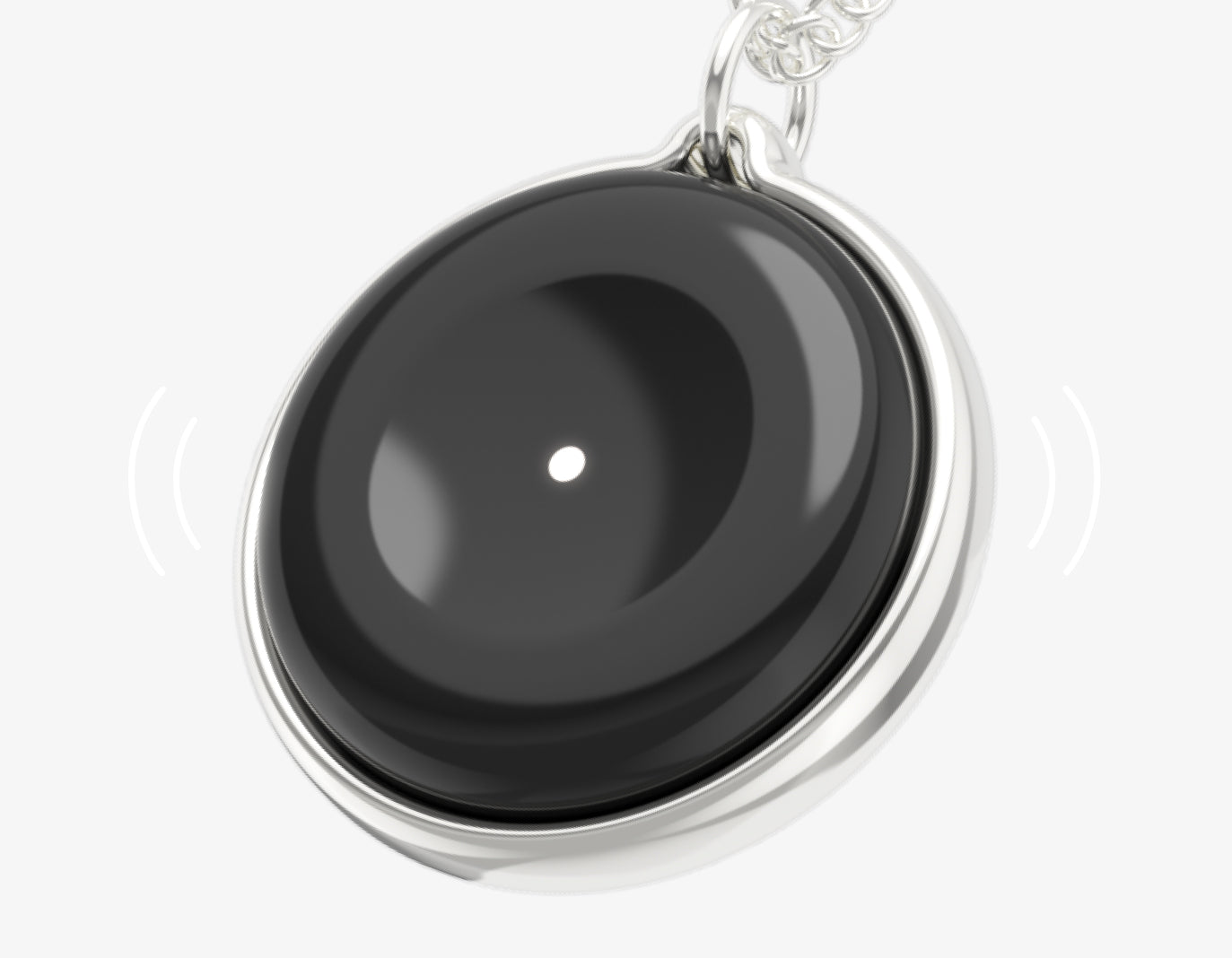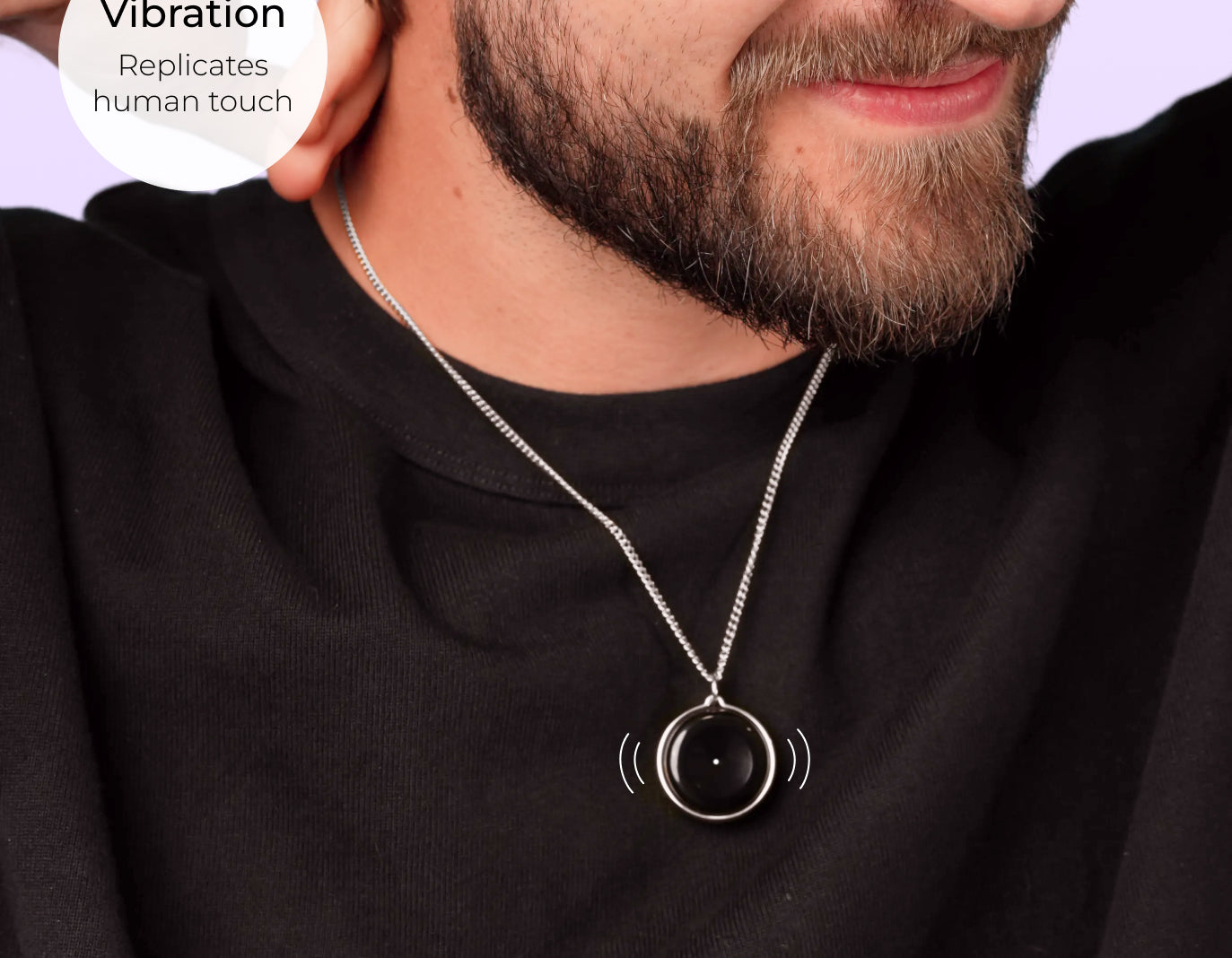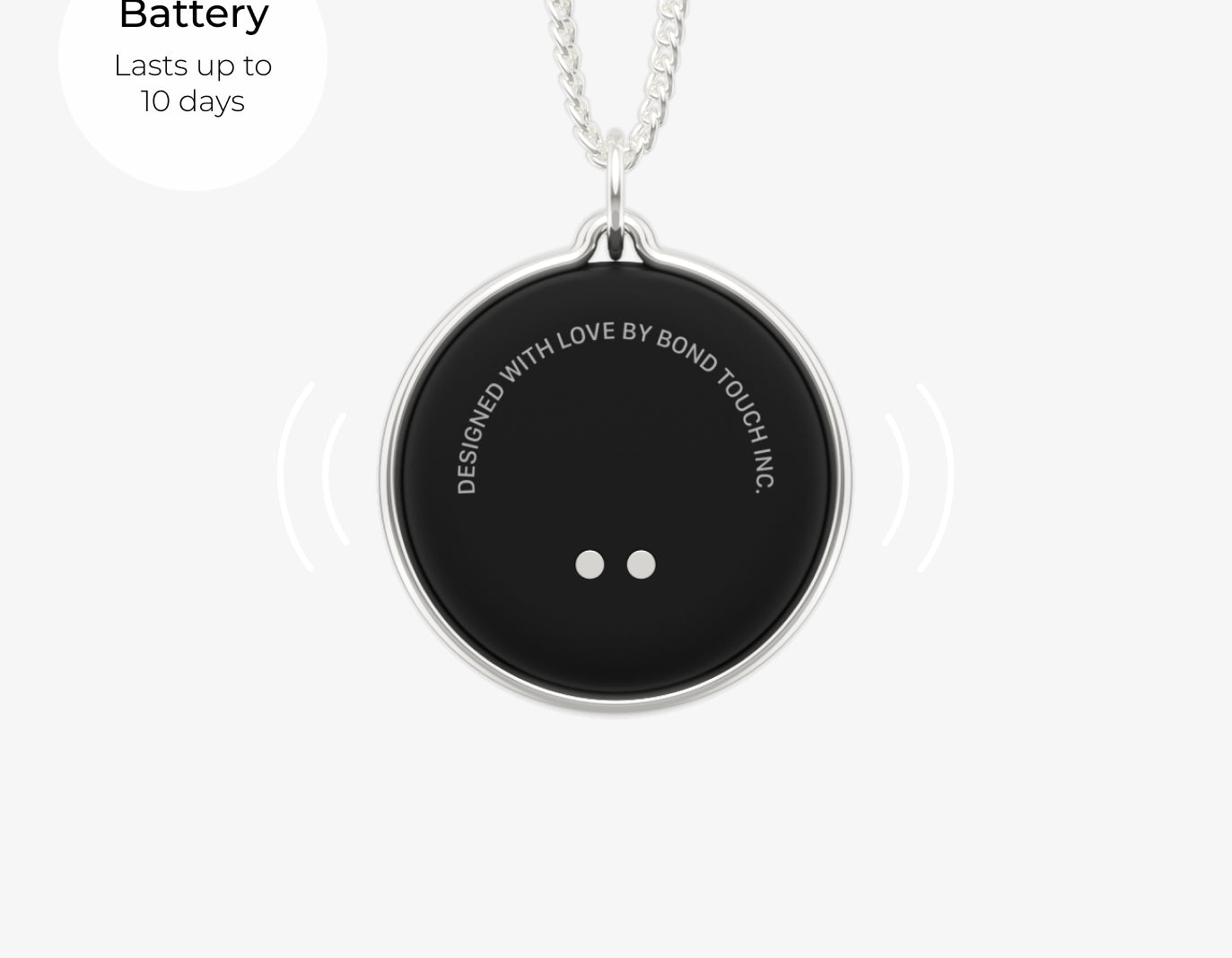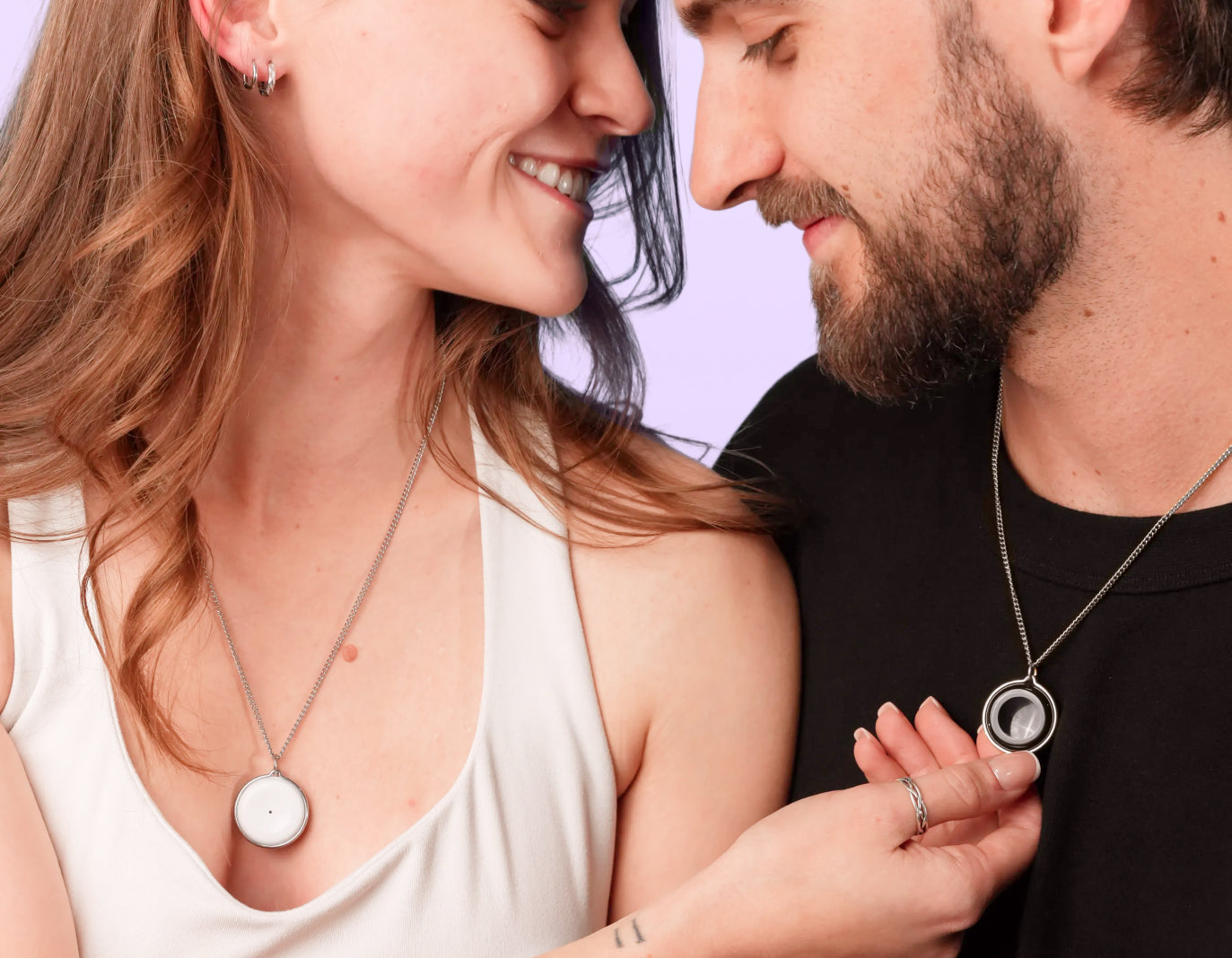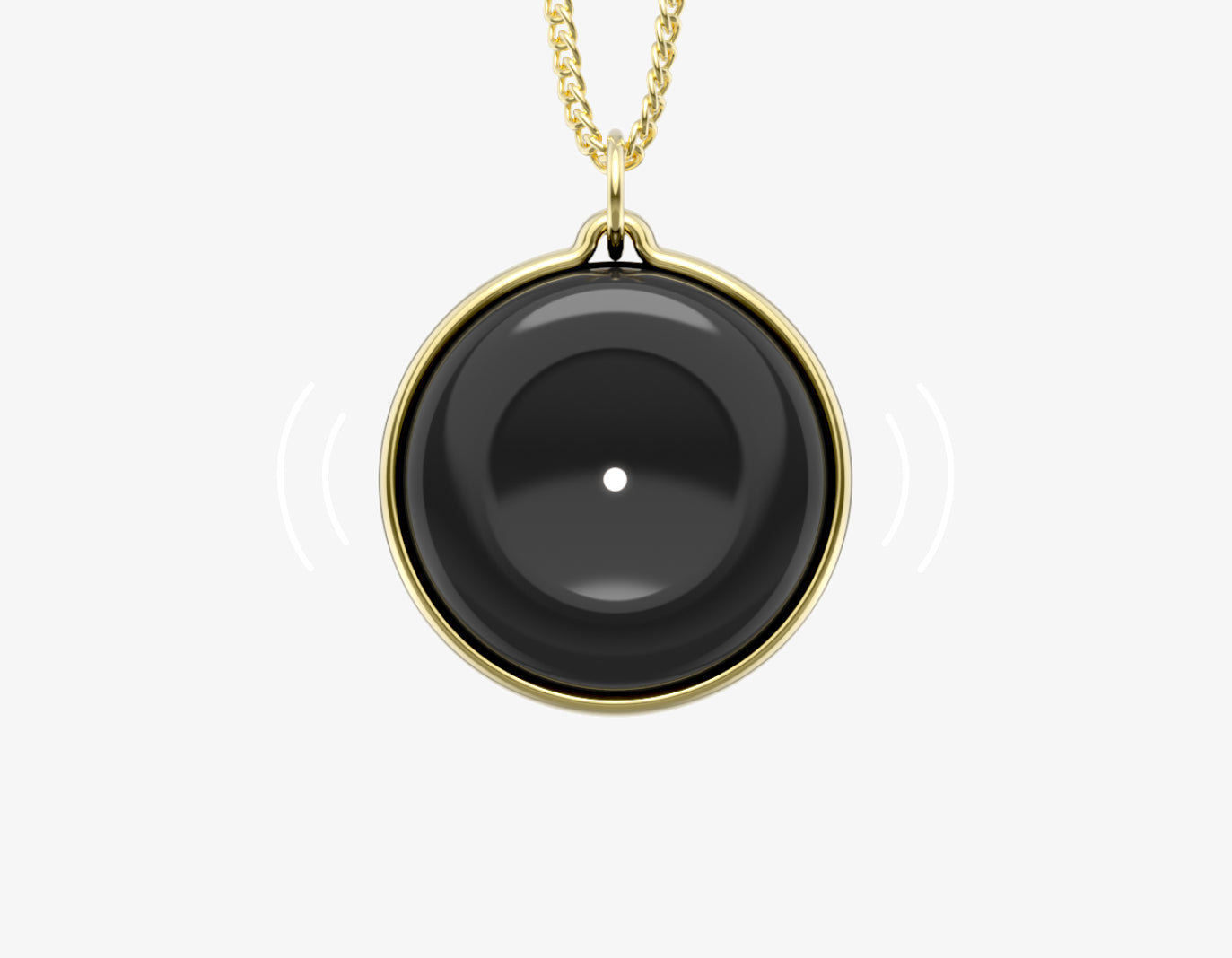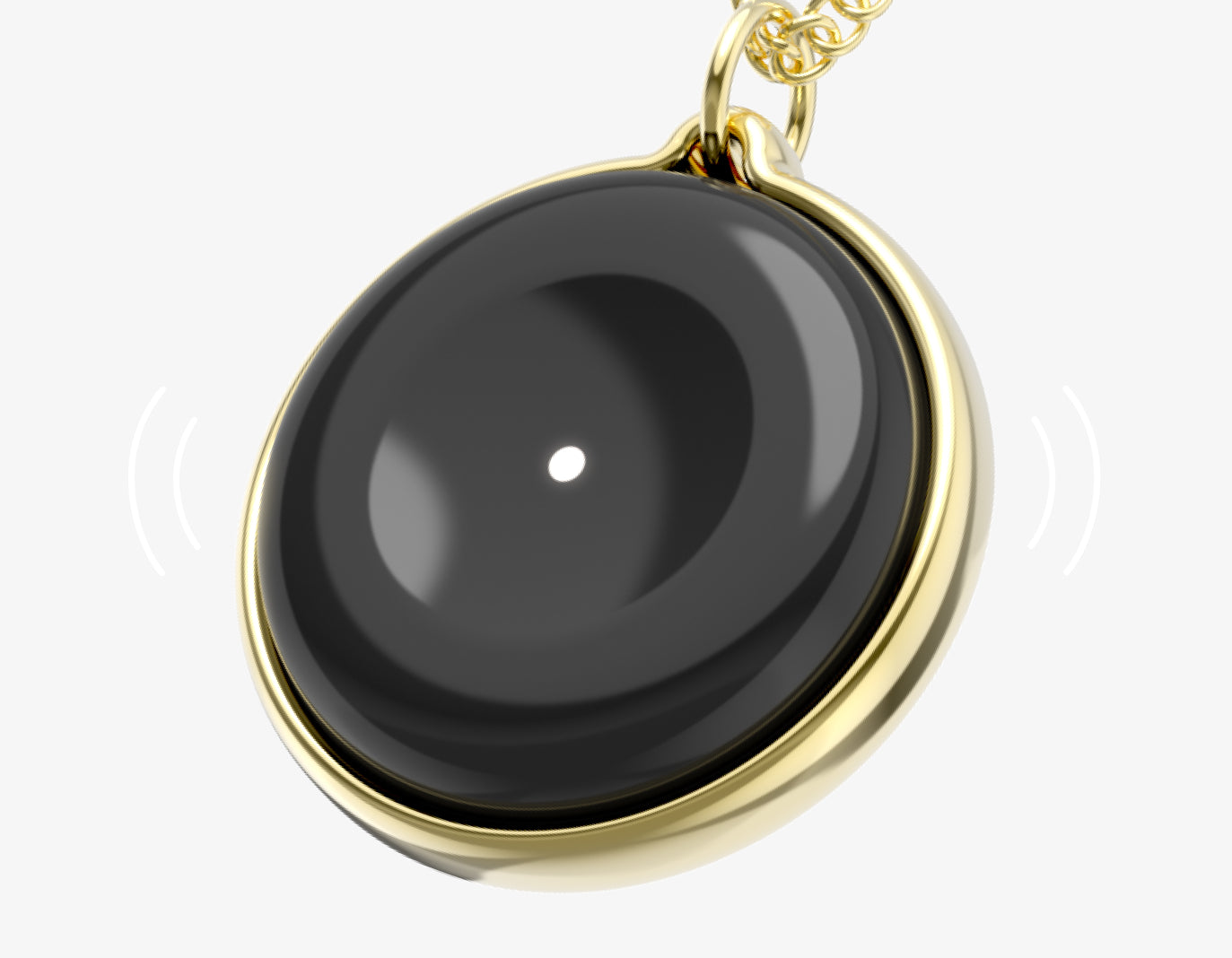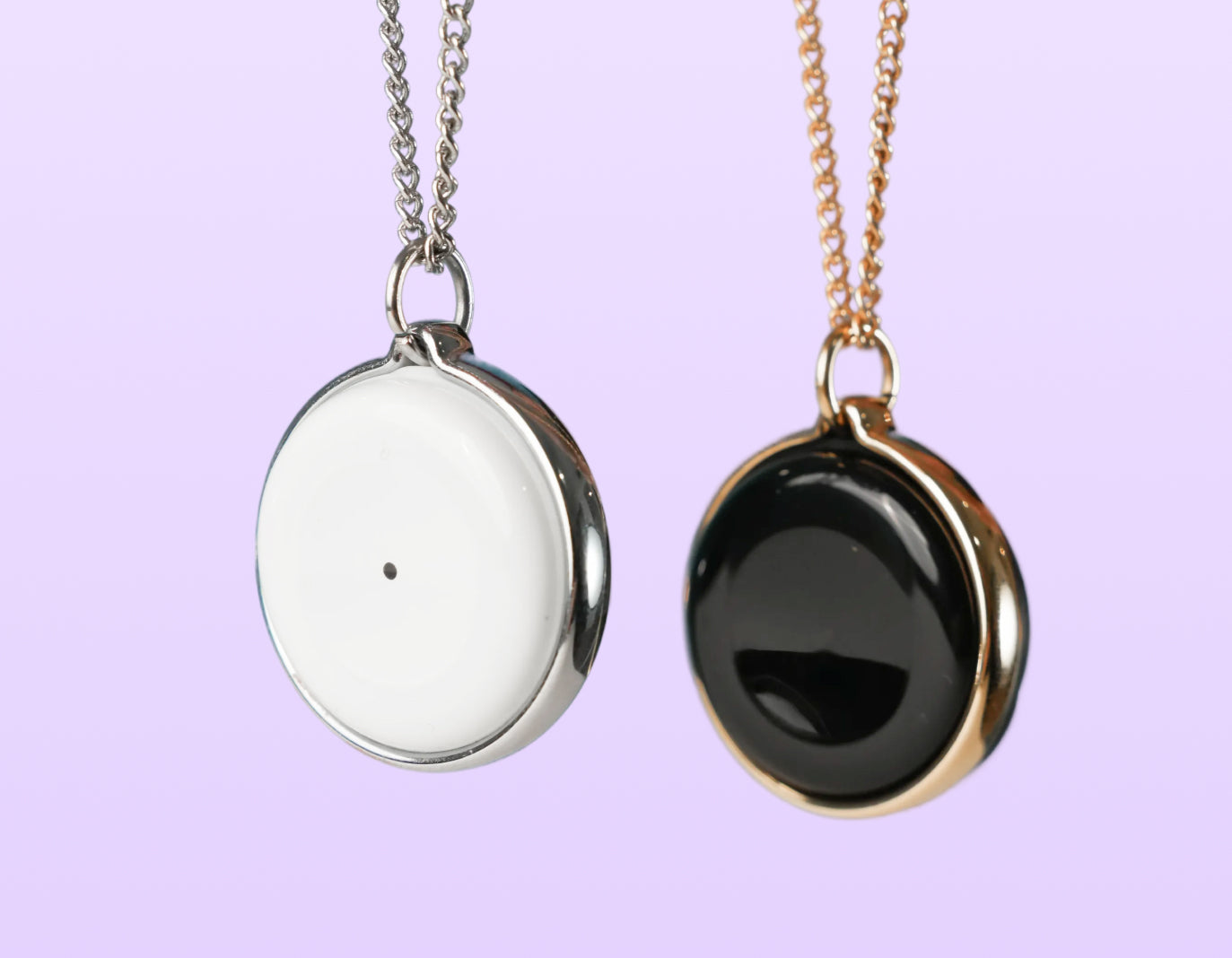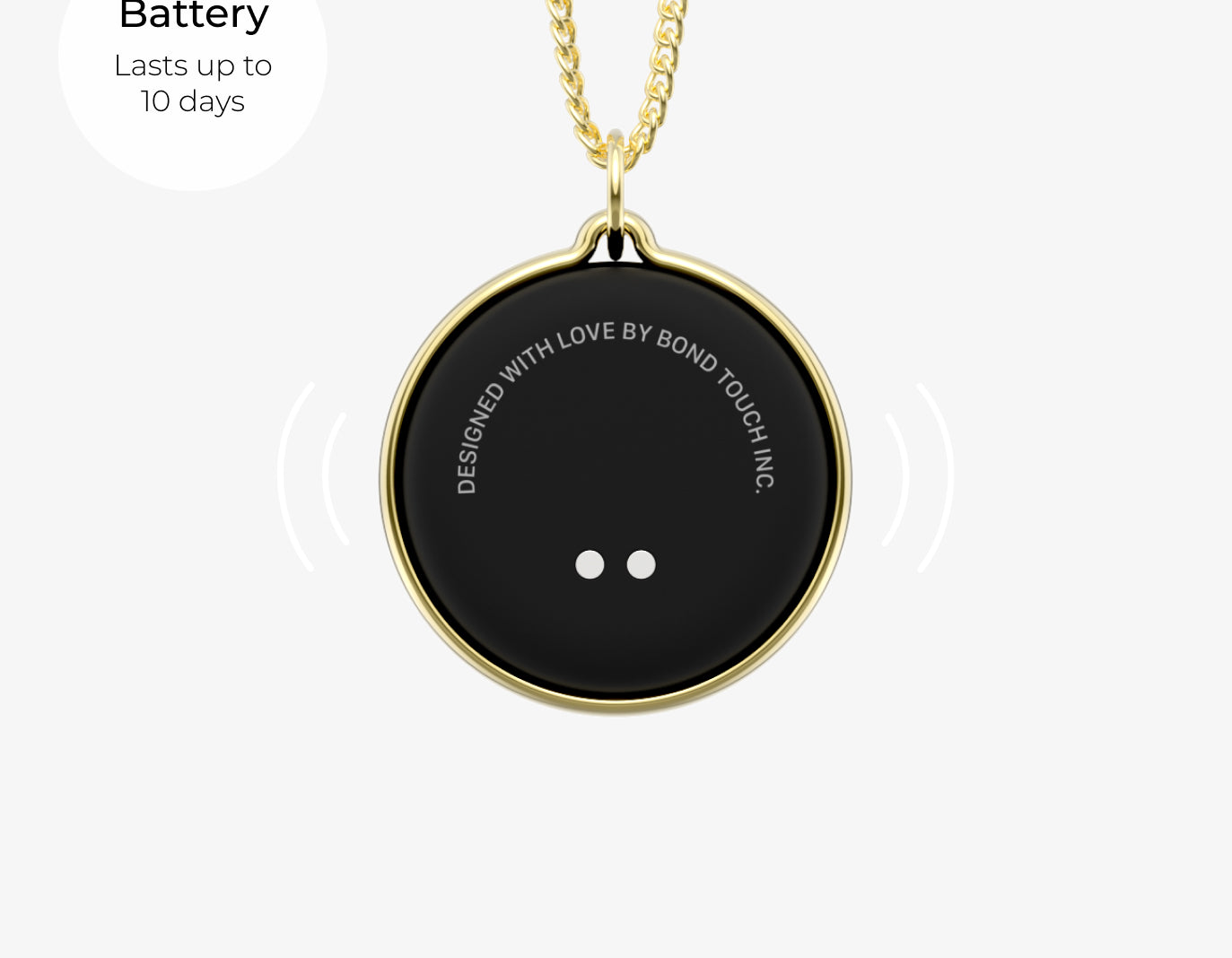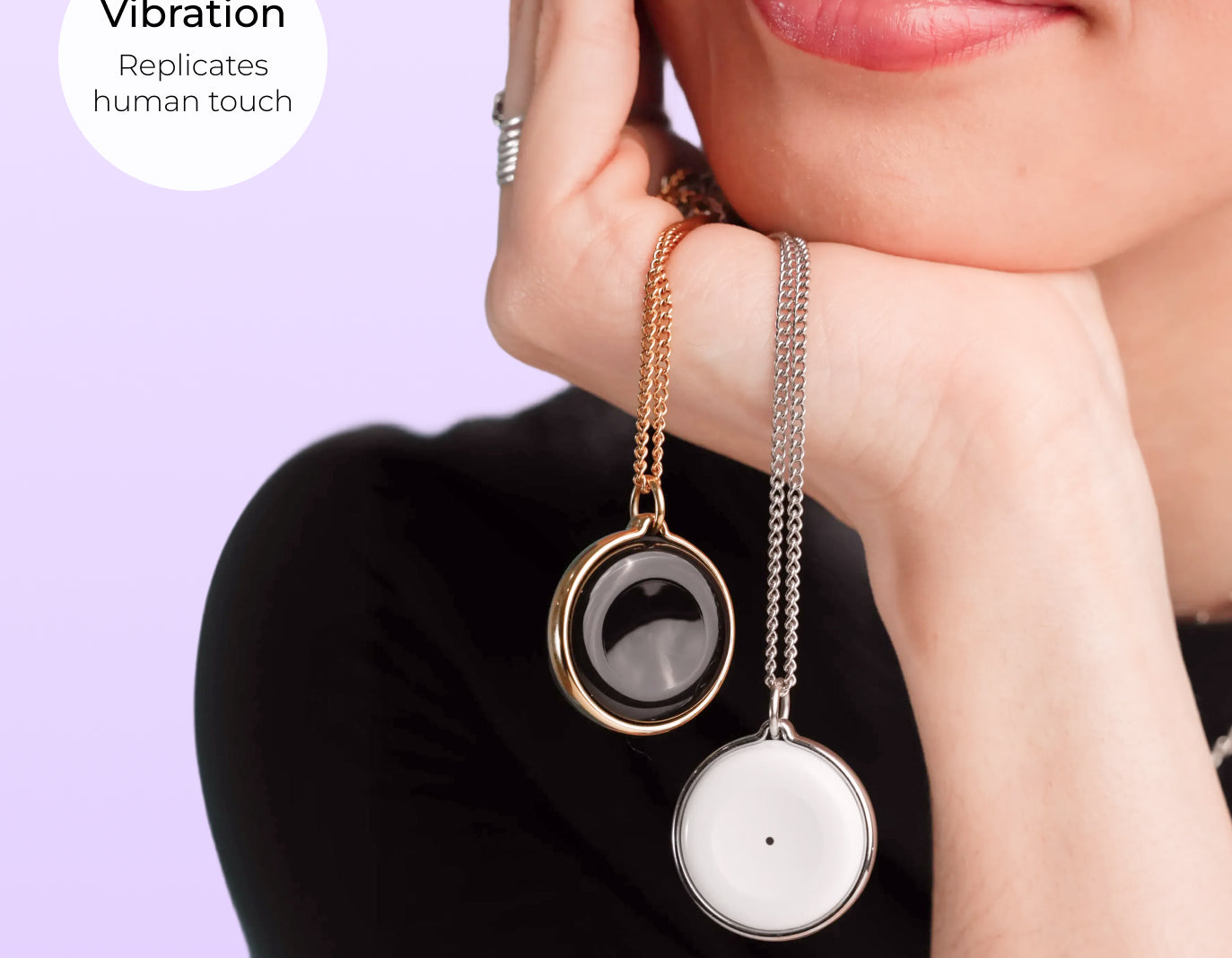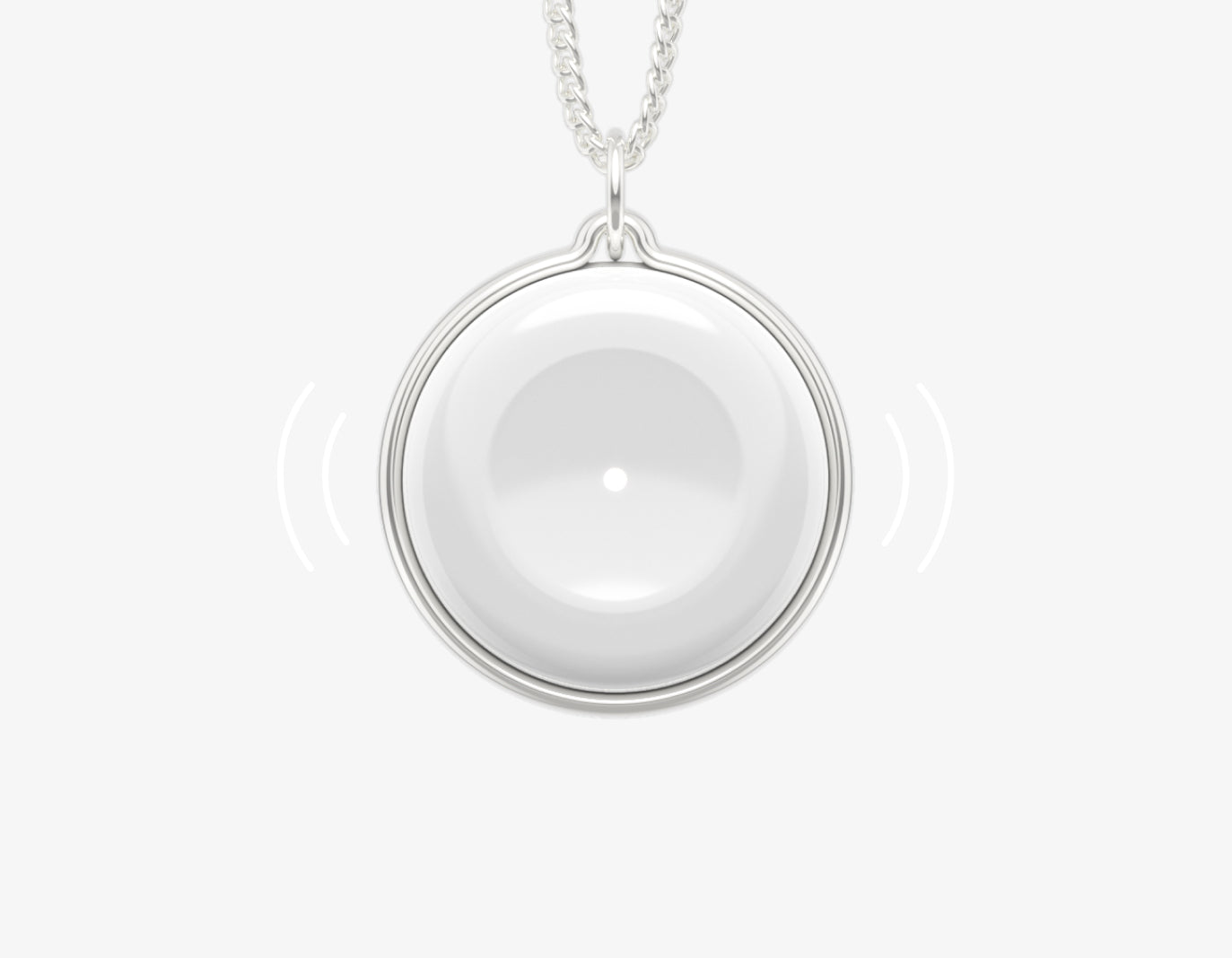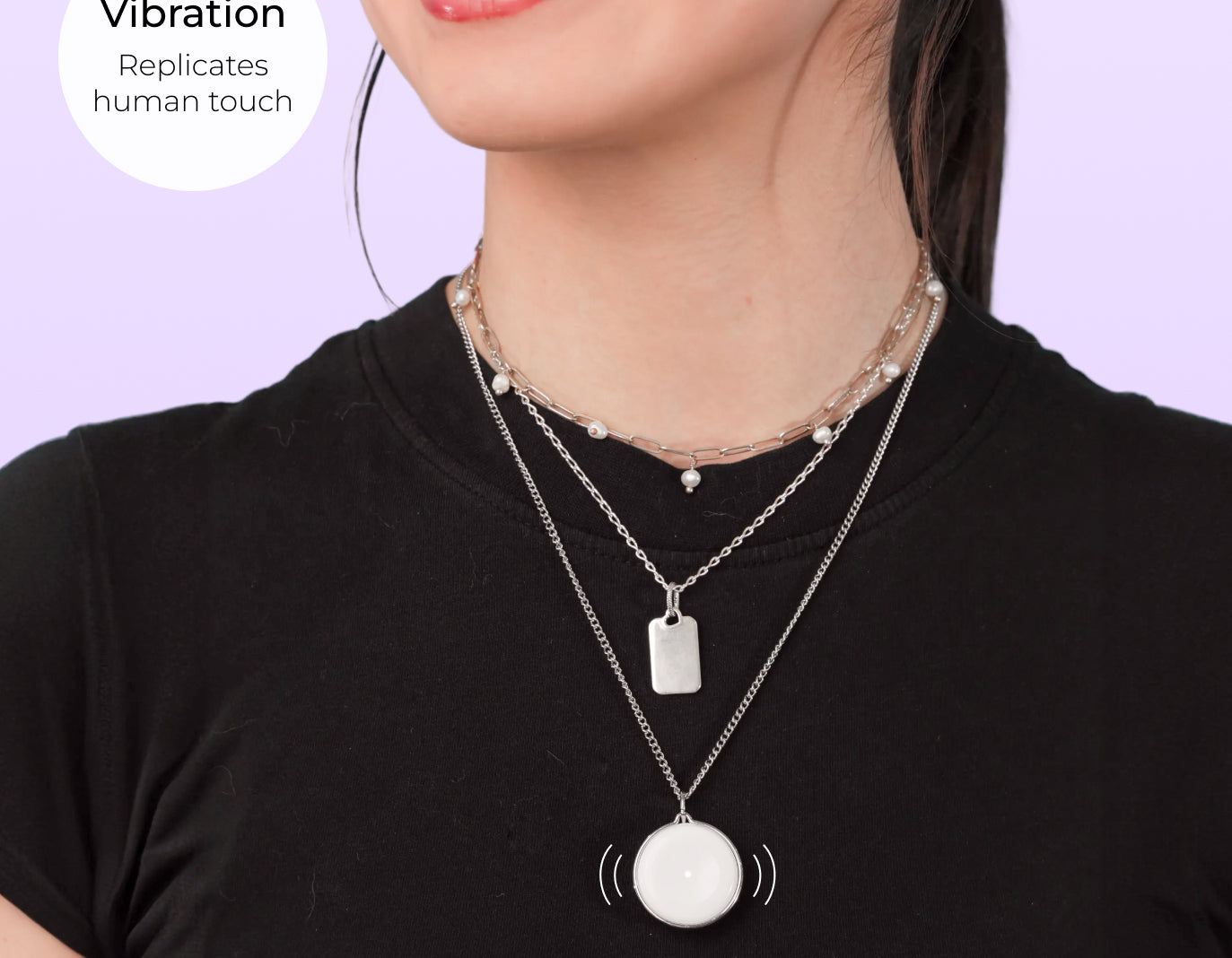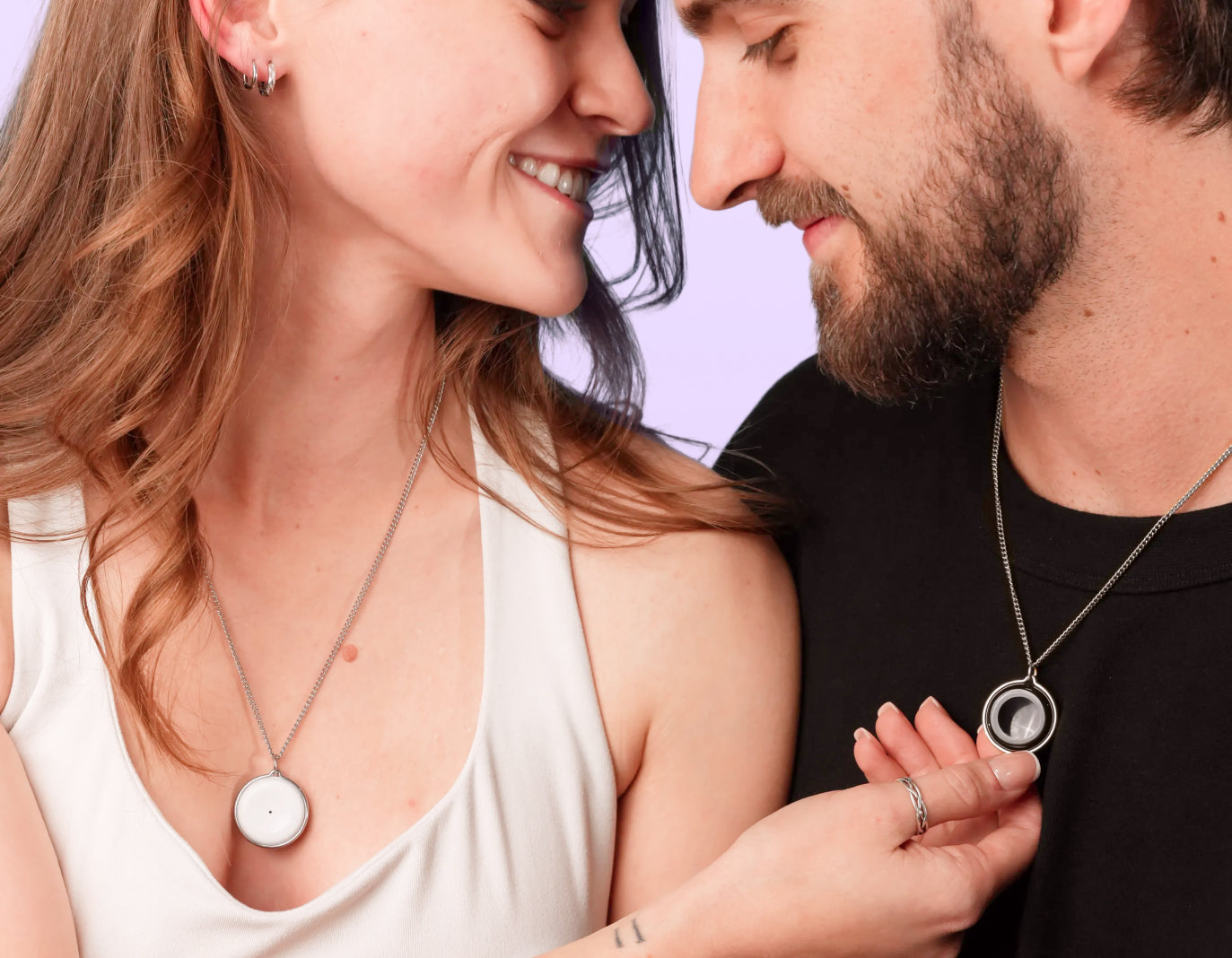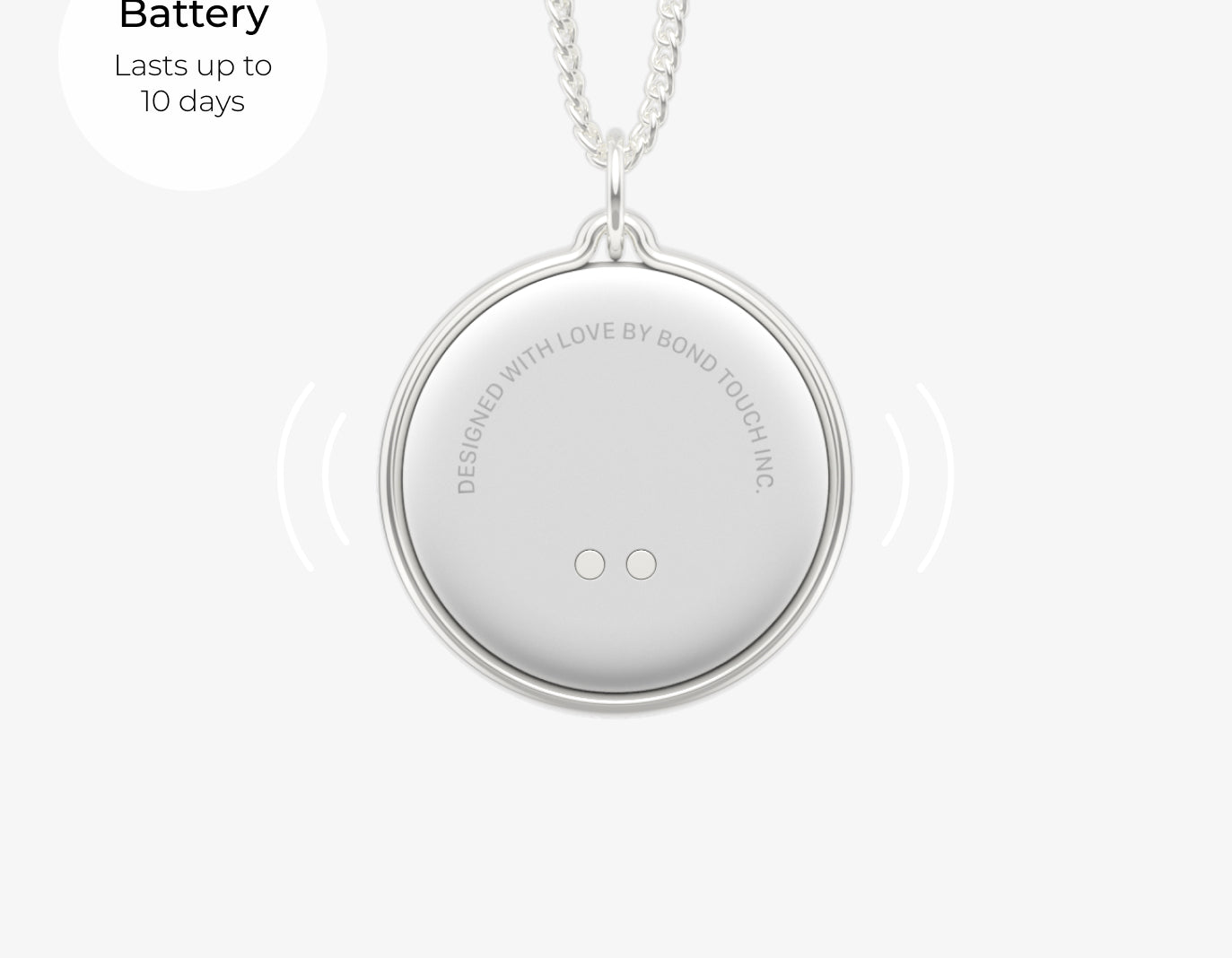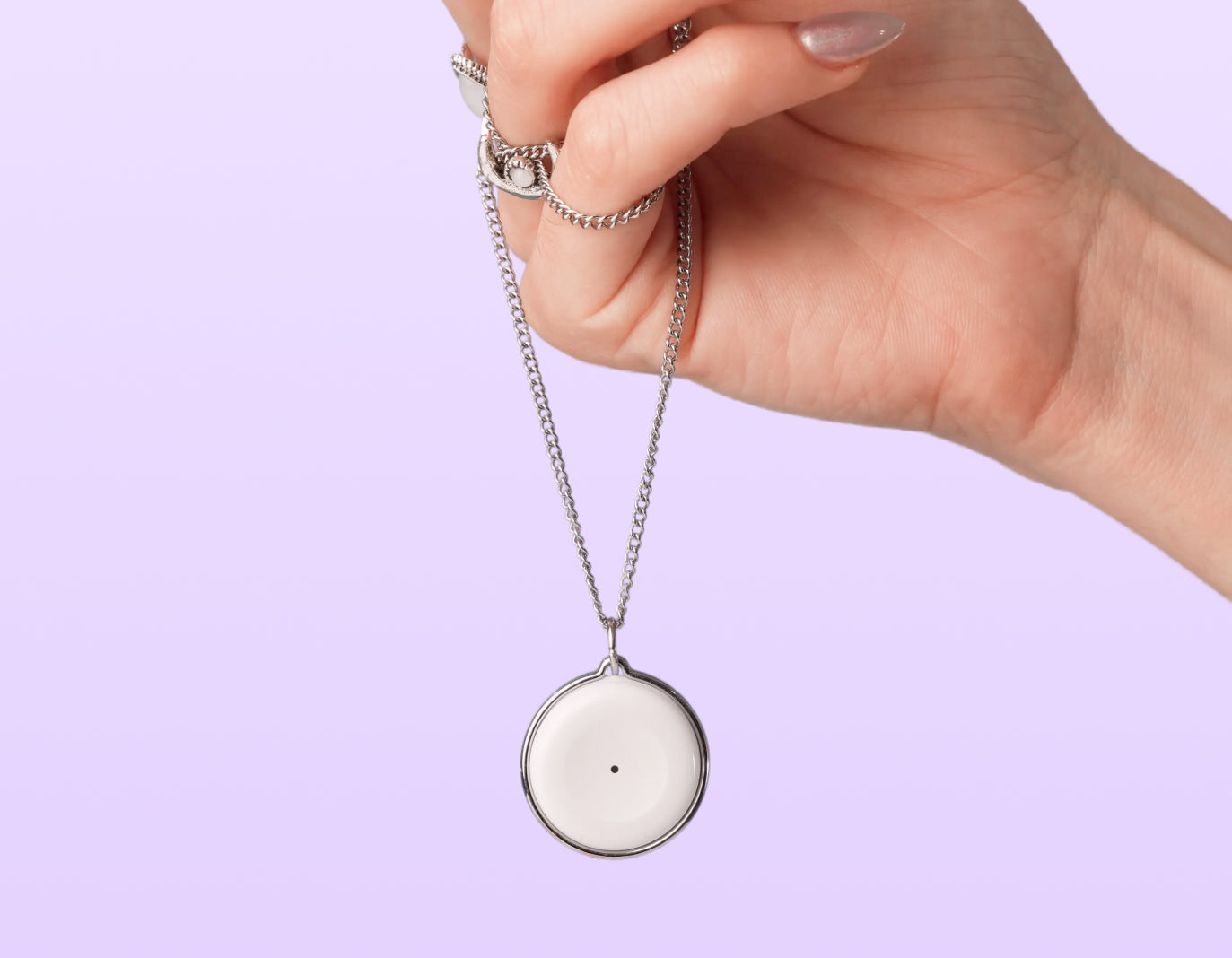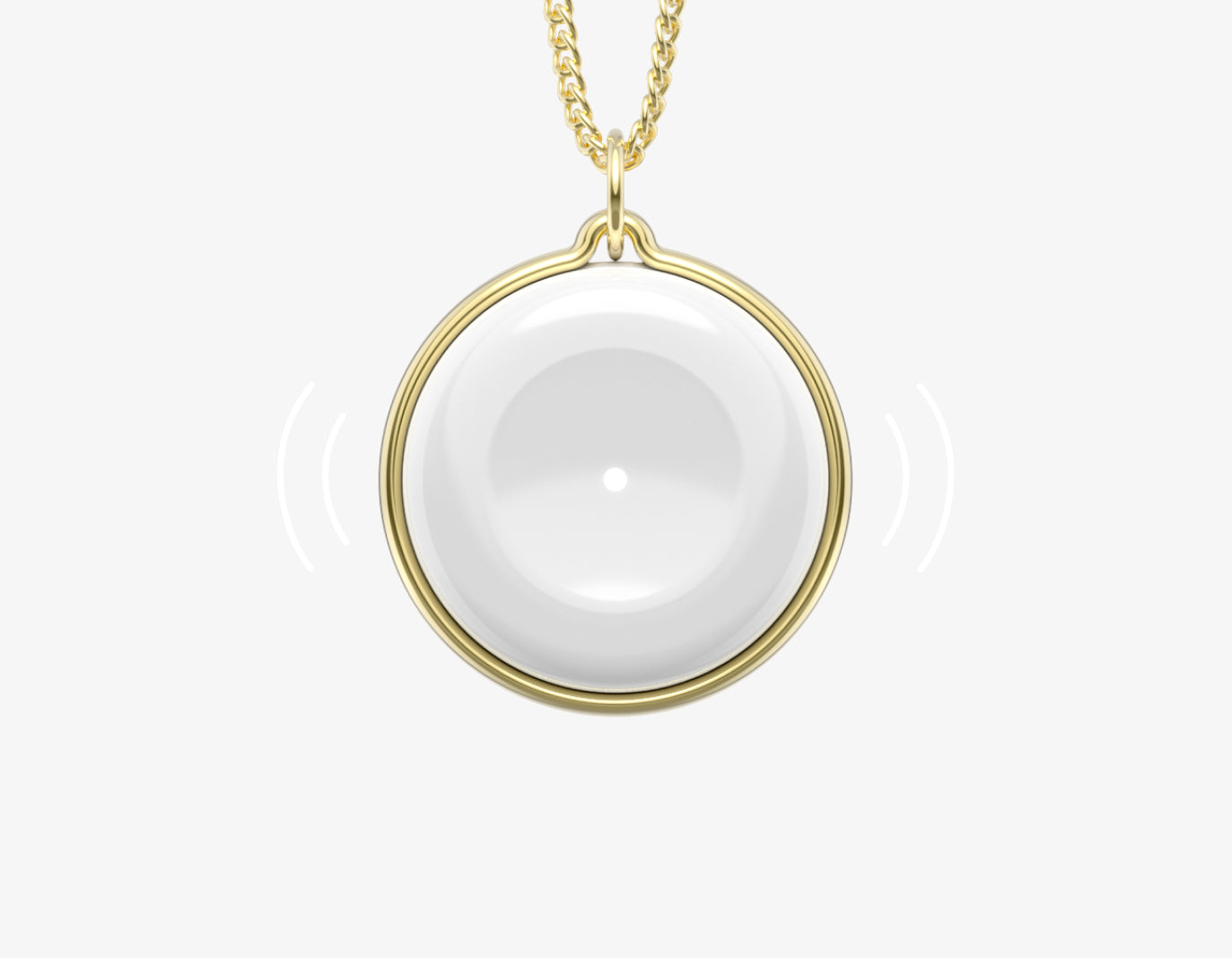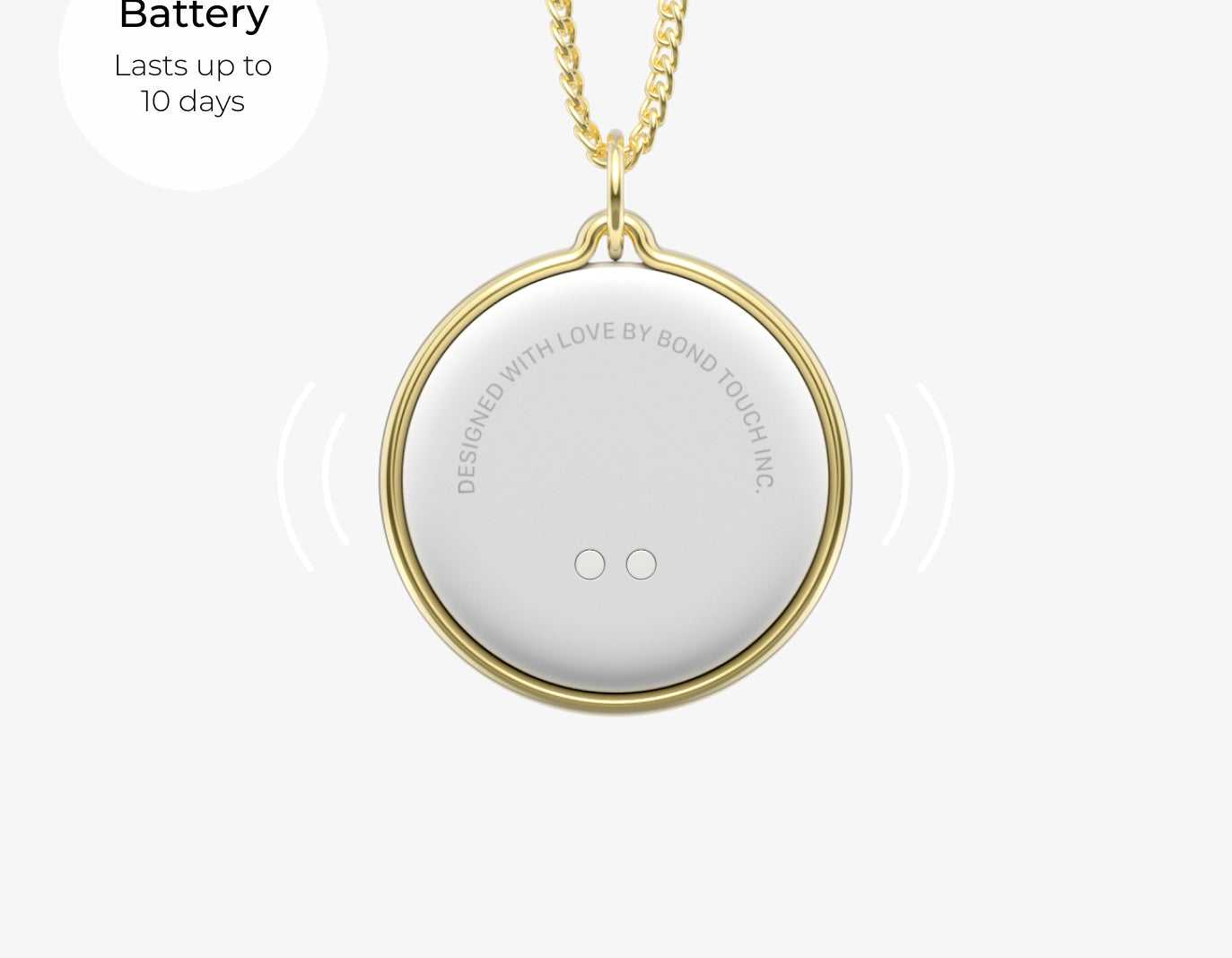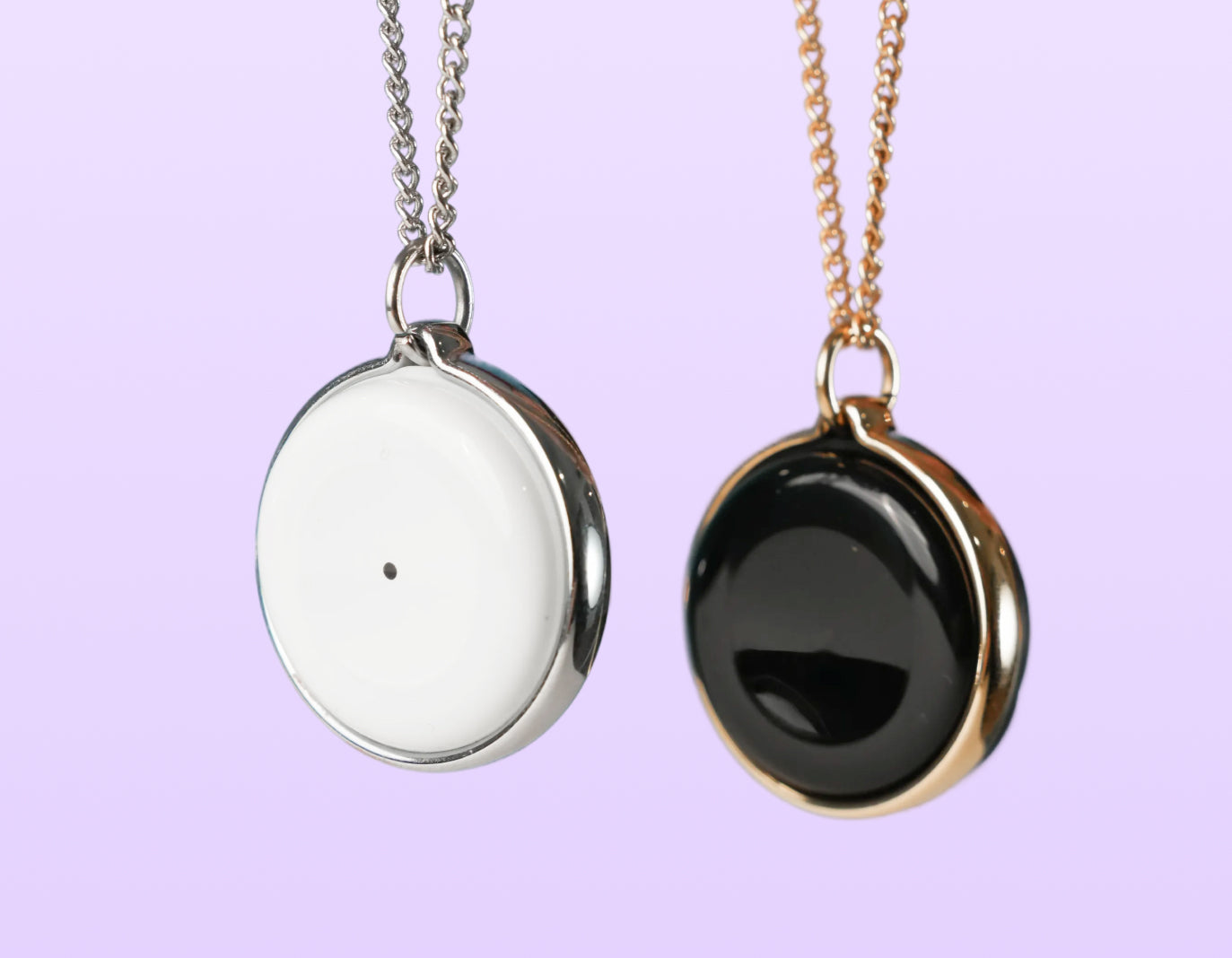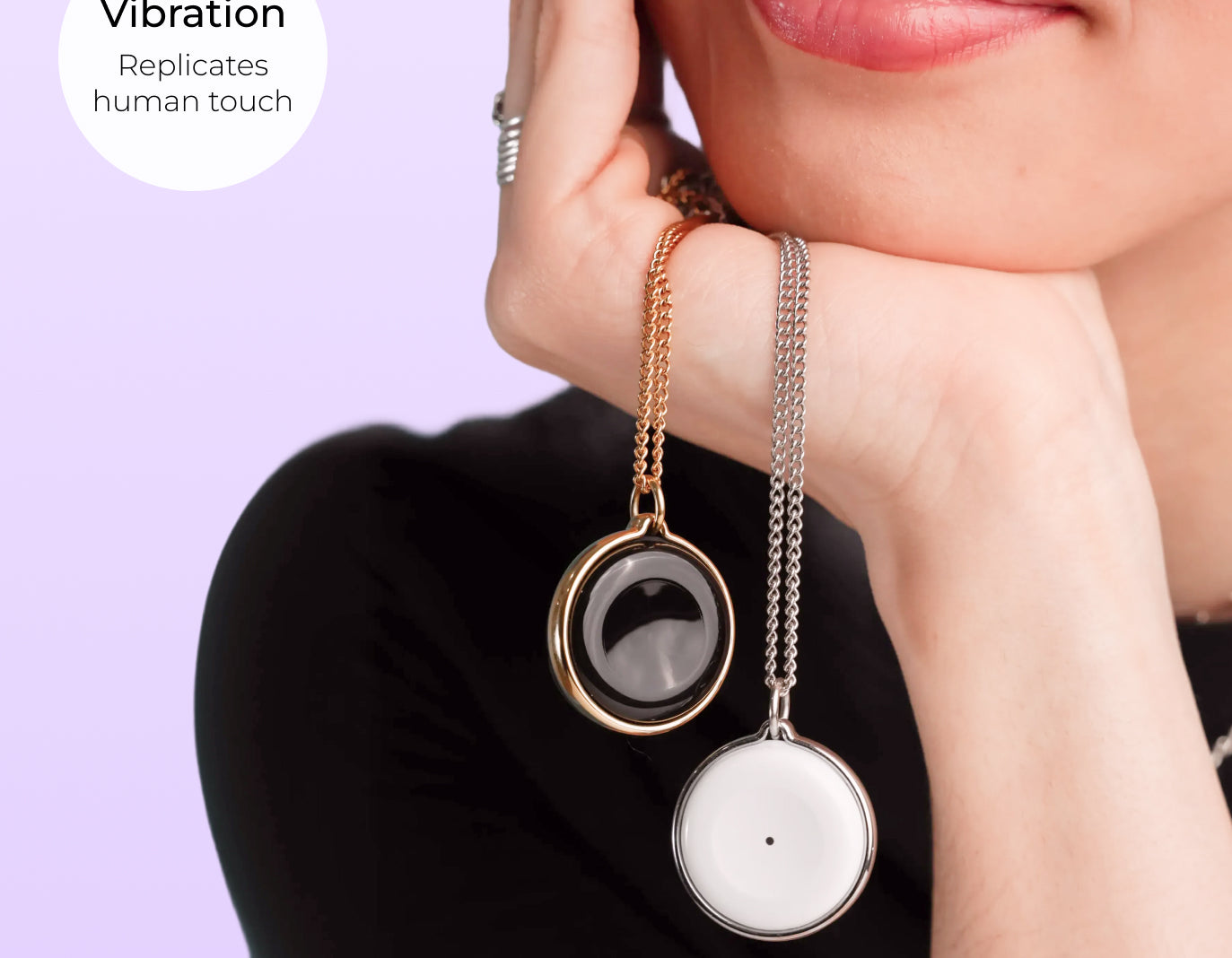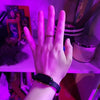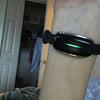Growing up in the Midwest as a Korean American girl, there weren’t many people like me where I lived. I didn’t grow up in any big city like Chicago. I grew up about three hours away, in Peoria, Illinois. There were just enough Korean families to fill a house for a dinner party, but not to a bursting point. And there weren’t many Asian Americans in history books or on the screen either.
When I reached college, I took matters into my own hands.
My senior year of college in 2017, I joined Twitter with the goal to find my people: Asian American scholars, writers, poets, creatives.
And I found them in abundance.
Finding the Asian American community online
From my apartment in Iowa City, the world of Asian diaspora opened up before me. I connected with writers around my age who were writing the books I wish I had growing up. Here were the people who would shape the next generation of Asian Americans with books, shows, and music that featured faces like them. Like me.
A year later in 2018, 9 Chinese Aussie high schoolers started Subtle Asian Traits, a Facebook group. It quickly exploded to the point that almost every millennial and gen z Asian person was part of the group. On the heels of SAT, as it’s fondly and ironically called, people created offshoots of communities for Asians, ranging on topics like dating, networking, and foodies.
One of the most influential groups from this batch of spin-offs was Asian Creative Network. It started with a small following, but ACN now has chapters in cities around the world. It also has subgroups in different crafts/disciplines (ie: writing, cooking, music, dance, etc).
The simple act of seeing other Asians running hard after their dreams as well as sharing their doubts and fears on their creativity affected me more deeply than I expected. Perhaps in Iowa there weren’t many of us, but knowing that around the world there were more people like me working hard and piecing together how creativity would interact with their life made it seem like the sky was open for me to fly into it.
Impact on my career
From ACN, I found a posting looking for an editor for an online media platform that wrote stories by and for Asian North American millennials. Two years after responding to that post, I’m now a deputy editor at Cold Tea Collective.
I’ve been able to highlight my online friends’ achievements, including Katie Zhao, a Twitter writer I got to meet in person in New York City, as well as interview people I’ve admired for a long time, like Kpop singer JAMIE and Youtuber ReacttotheK’s Umu.
I also was able to revisit the possibility of music. Connecting through ACN as well as with musicians on Instagram, I felt like perhaps music as an Asian American was something within reach.
Last June, an acquaintance invited me to a songwriting circle, which is a session to share songs and give feedback. I wasn’t able to go the first time, but the response from the pilot group was so good that they decided to make an ACN subgroup for Songwriters and Producers, or as we call it, ACN S/P.
A year later, the group has expanded to include its own Discord server with almost 200 members spanning the globe. I’ve released songs with members and joined a band with Tony, the person who first invited me to the songwriting circle. And all this happened without having ever met people in person.
Finding Solace in the Asian Creative Network
During the pandemic, my online communities became my social life. On top of Cold Tea Collective and ACN groups, I also created a writing workshop group and an online gaming group for Among Us with friends from college and online spaces.
Having online friends created a structure in a time when it was easy for days to blur together. I knew that Friday evenings were for Among Us, every other month was for writing workshop, and biweekly we’d have an ACN S/P songwriting circle.
These spaces became a sort of home for me and especially became more important with the rise of anti Asian racism.
The first Cold Tea Collective editorial meeting after the Atlanta spa shootings was spent to check in on each other and process. Being able to process without having to edit or explain my words is something I needed so desperately. And being able to do so along with peers who were in the same position of dealing with extreme emotions brought comfort that I’m endlessly thankful for.
It would have been so much harder to go through the first few days and weeks after the Atlanta shooting alone. And though I didn’t have shoulders that I could literally cry onto, I had the knowledge that I could freely cry in front of a video camera, feeling comfortable and more importantly, safe with my online communities.
A new normal
This August, I’m going to start classes at Yonsei University in Seoul, South Korea for my Masters in Korean Studies. For the fall semester, I’m taking courses online while I remain in the States, and in February, I’ll be moving to Seoul.
In the midst of increasing busy-ness, my online friendships remain steady. Even as everyone’s schedule becomes more booked, there’s still comfort that if we need each other or want to share a joke, we’re easily accessible. And especially as I’ll be gearing up to eventually move out of the country, I feel a bit better knowing that my online friendships won’t be too affected by the time zone difference.
After all, just a few months ago, I was in a collaboration with musicians based in California, New York City, and Taipei. I’ve become relatively good at juggling time zones and working on projects fully online.
And more than that, I’ve seen how precious and important online friendships can be, especially for my fellow Asian diaspora creatives. I know that regardless of where I am in the world, I can just shoot a friend a message and pick up conversation just like that.
Regardless if the friend is in the same hemisphere as me, I know that I won’t ever really be alone.
Editor's Note: You can check some of Ashley's most recent music here or here. Or check more of her writing on this linktree.











